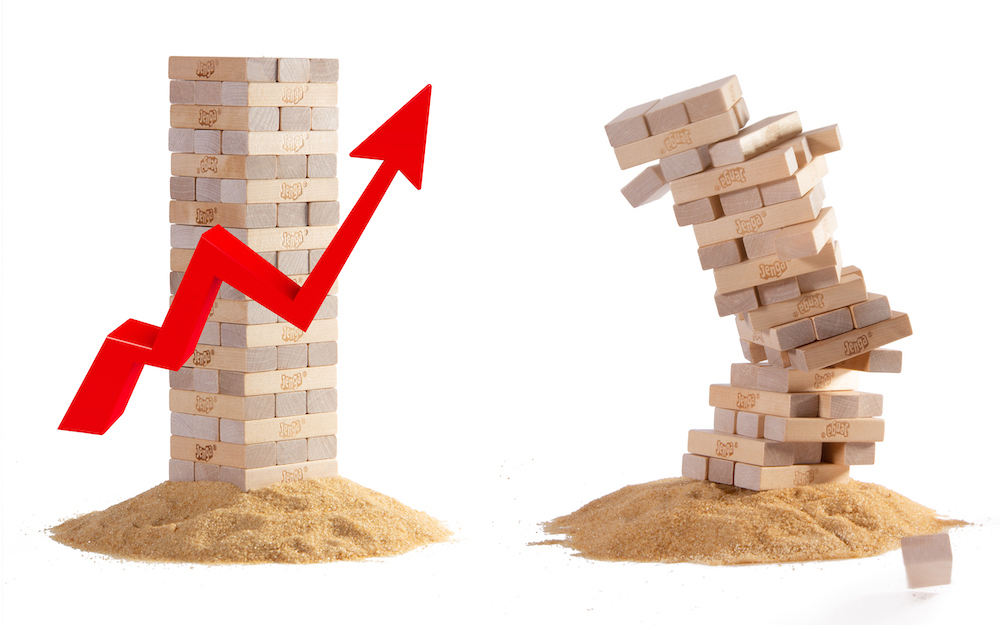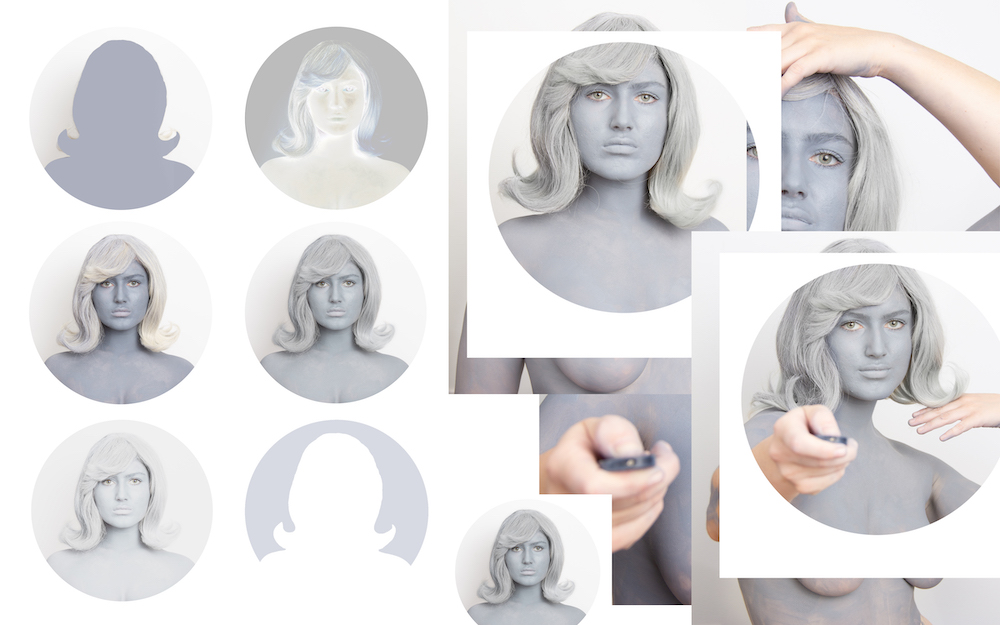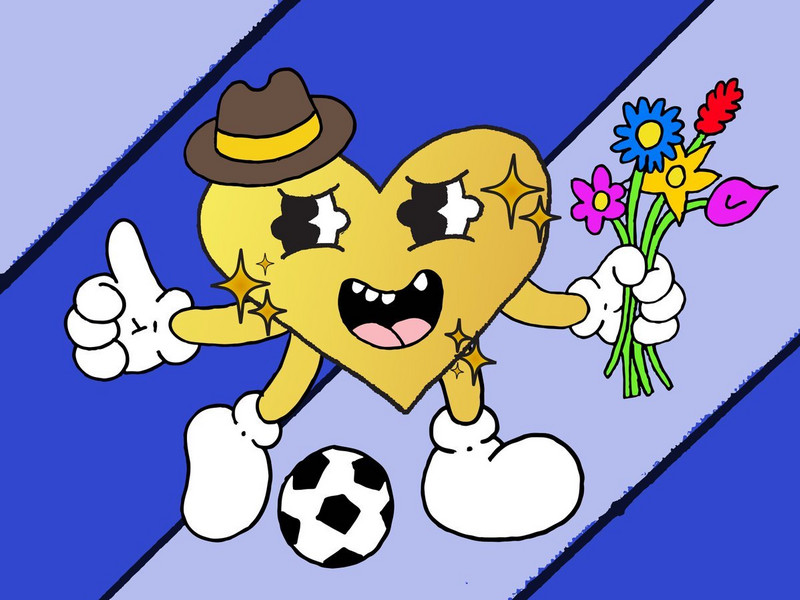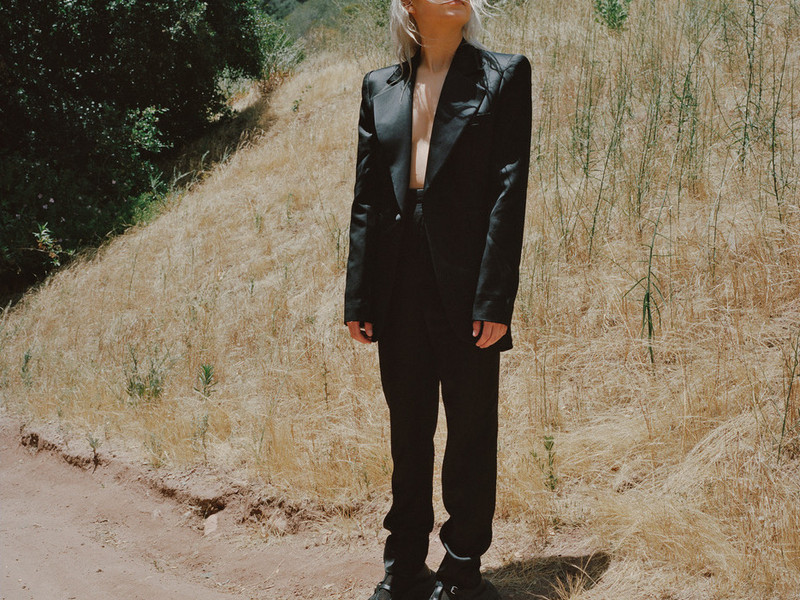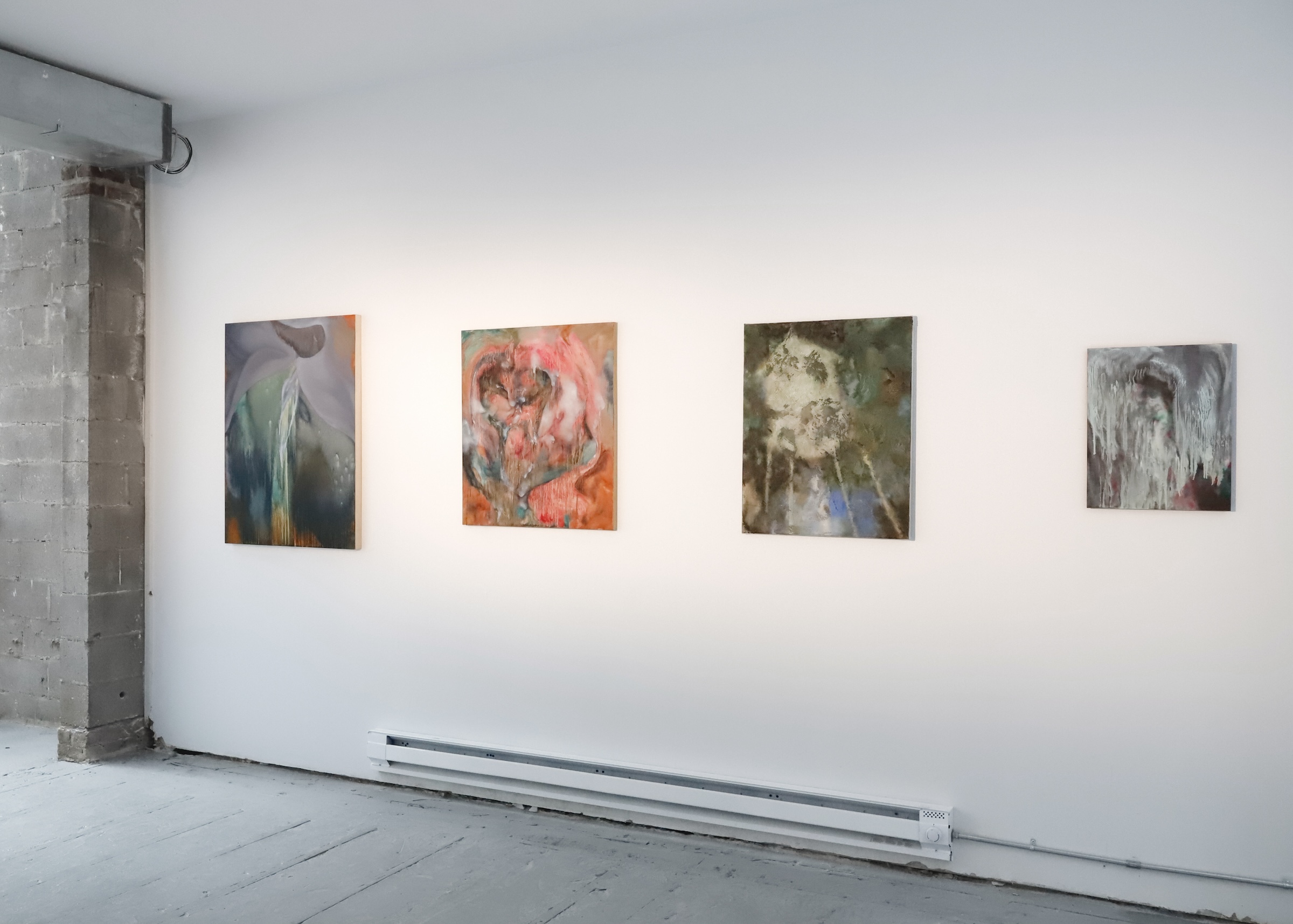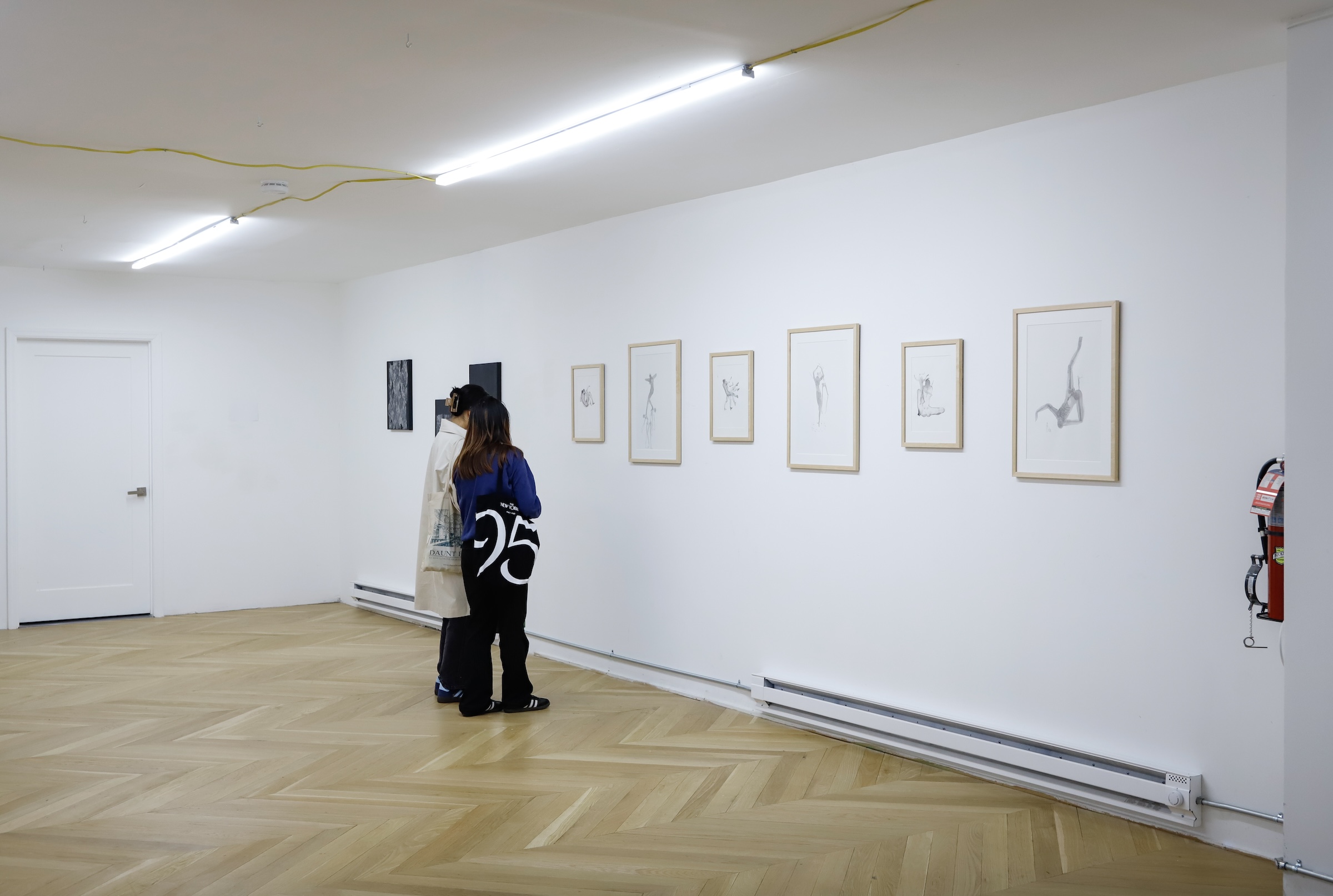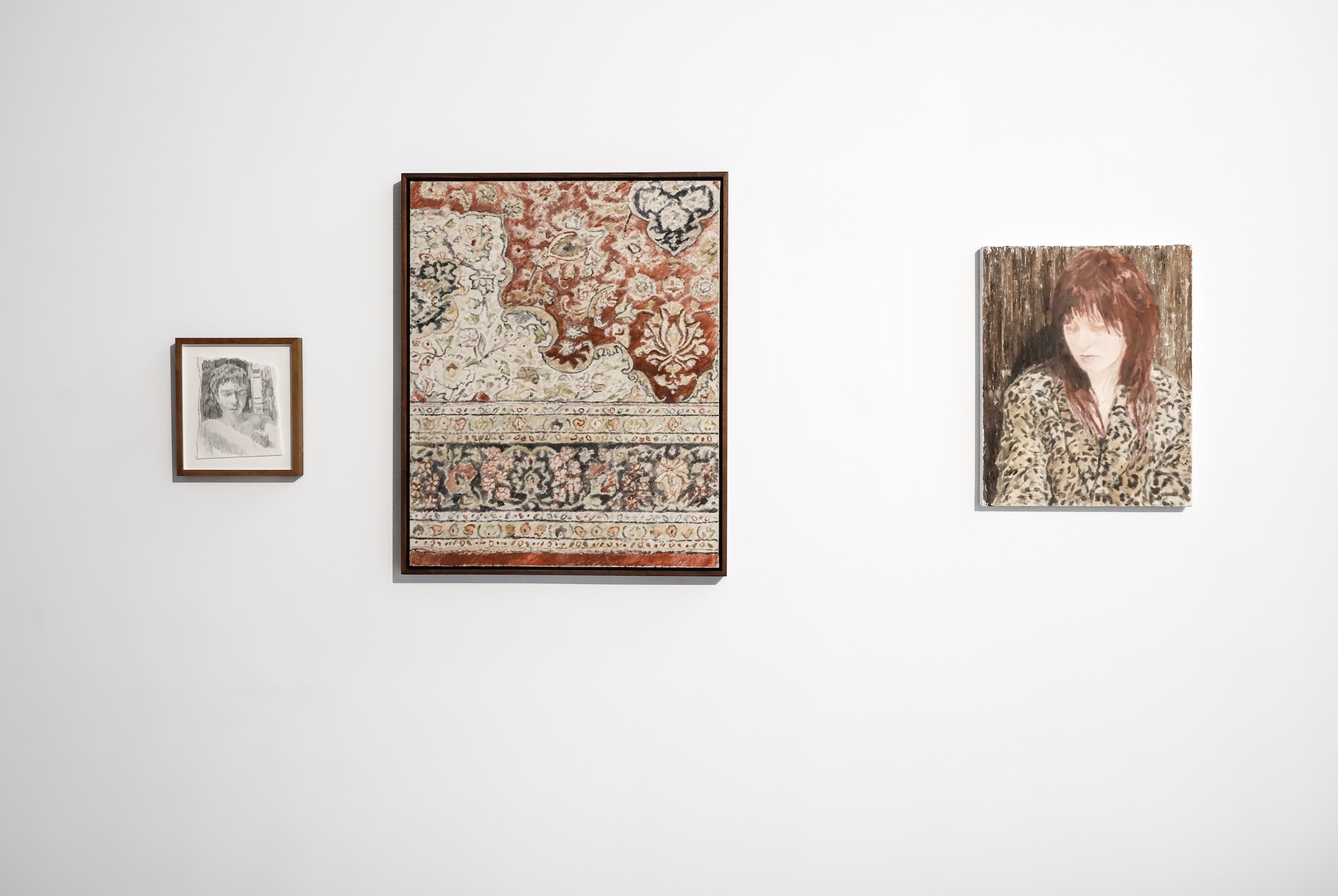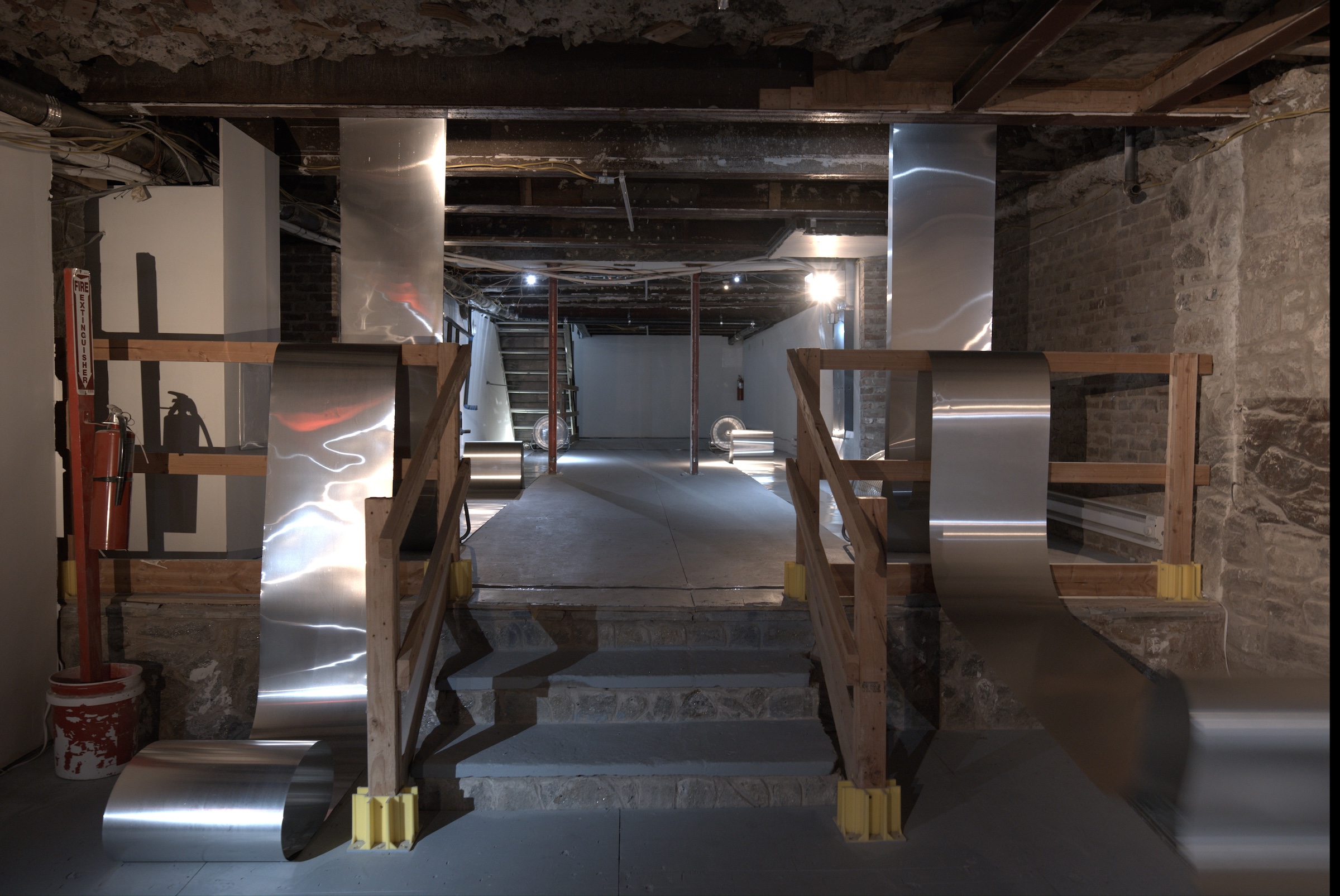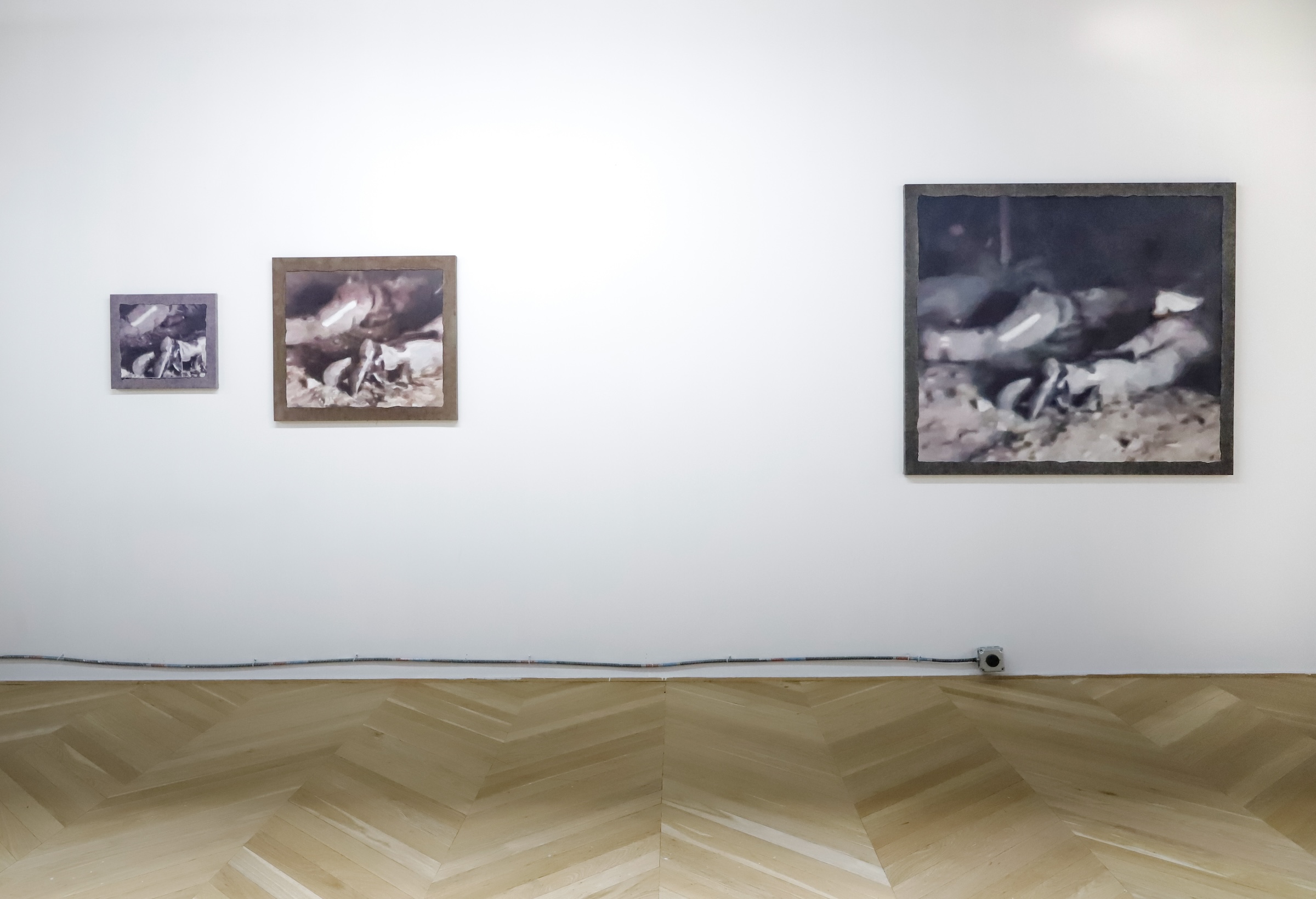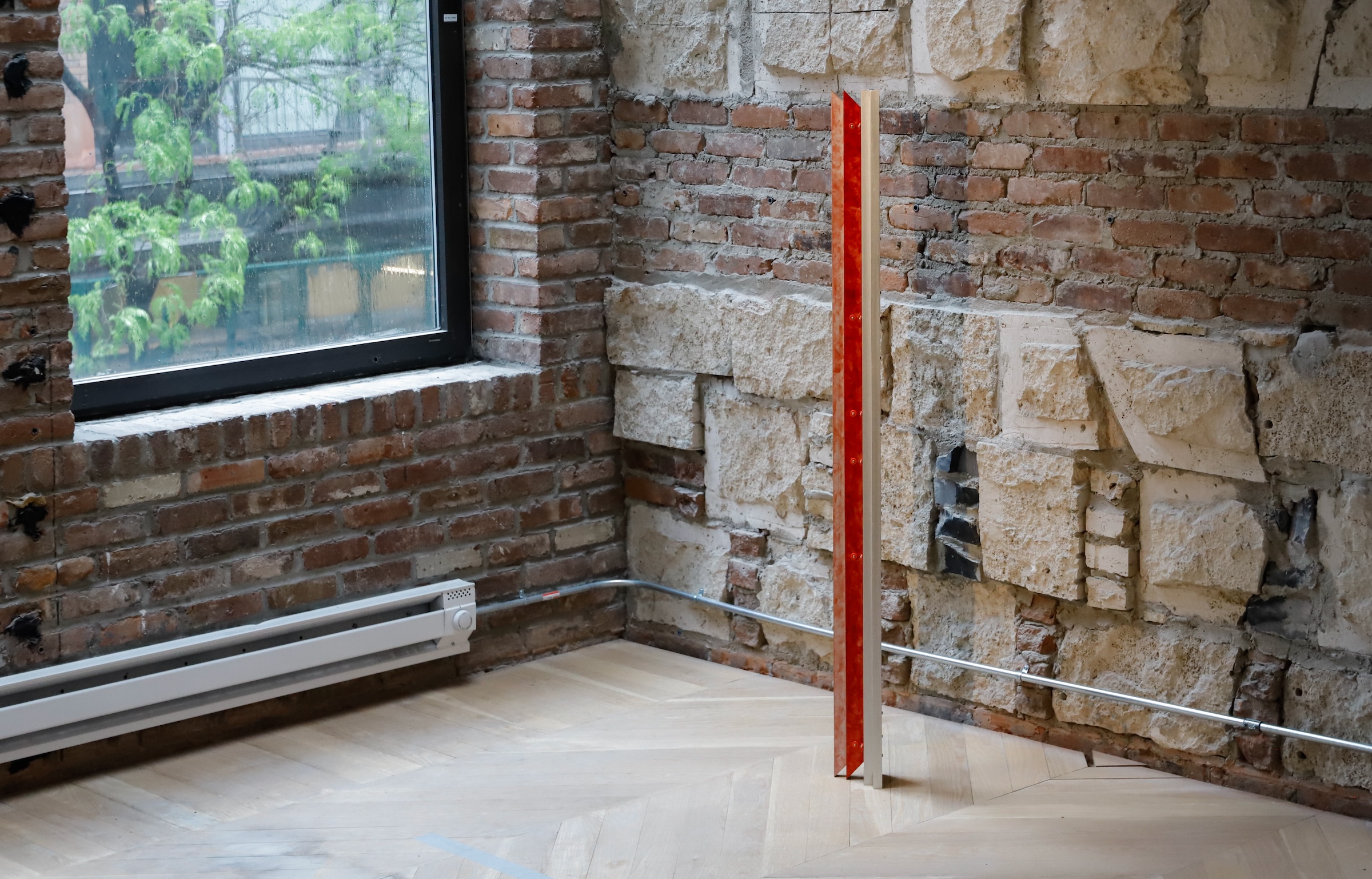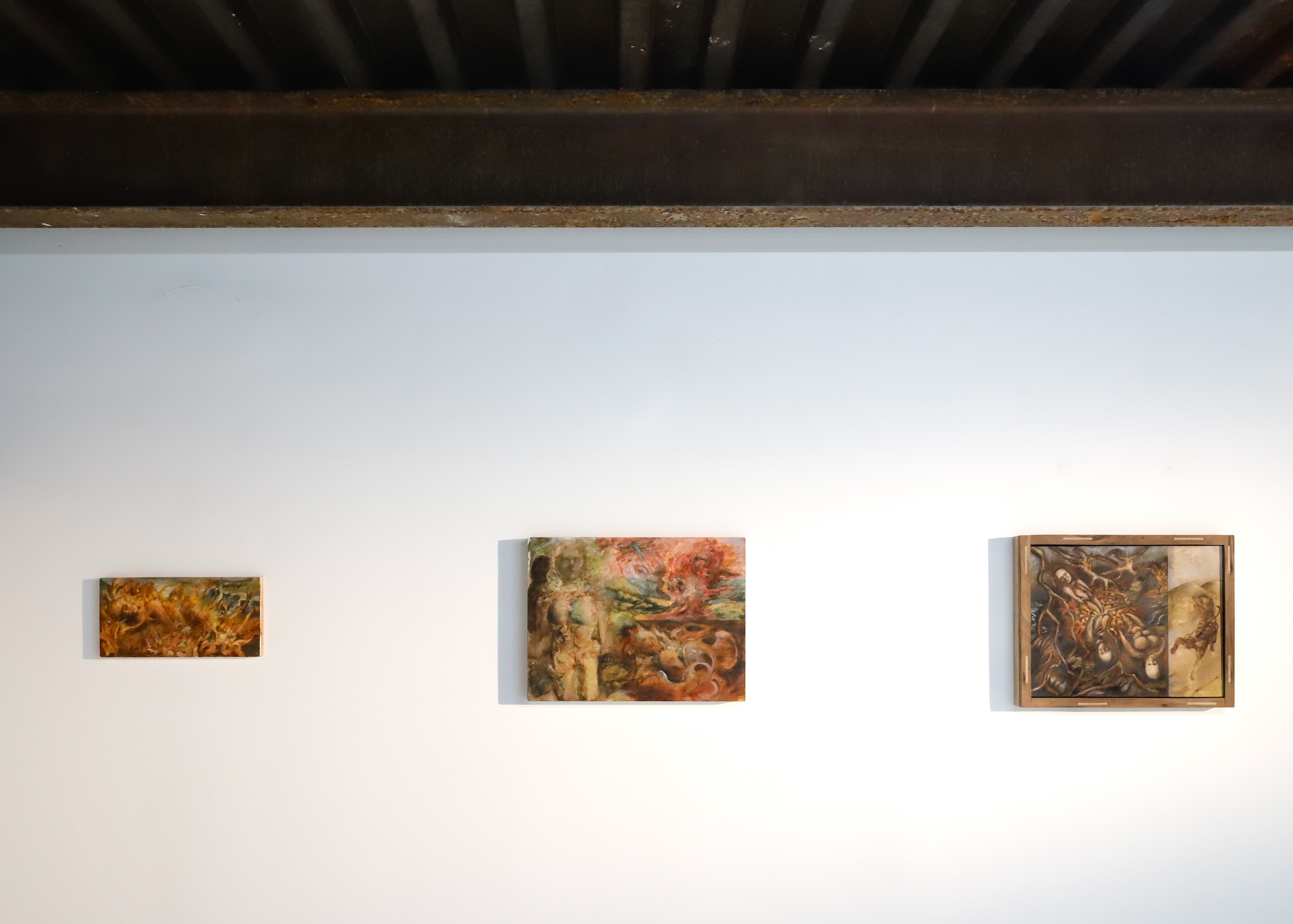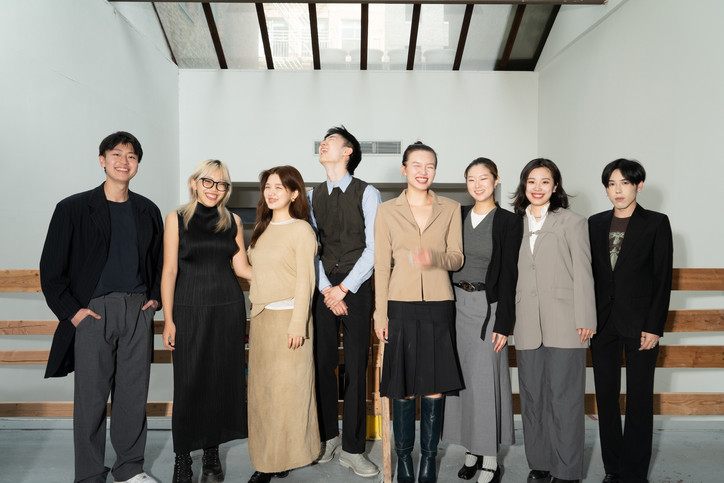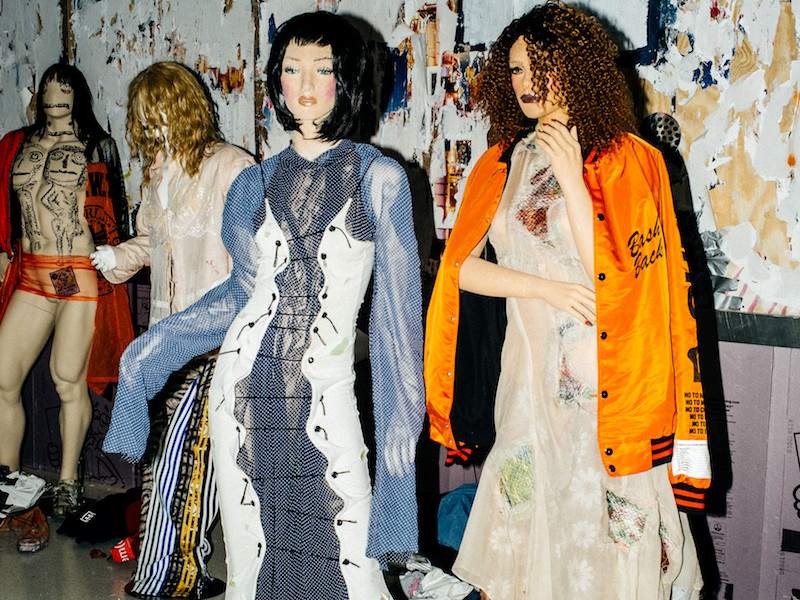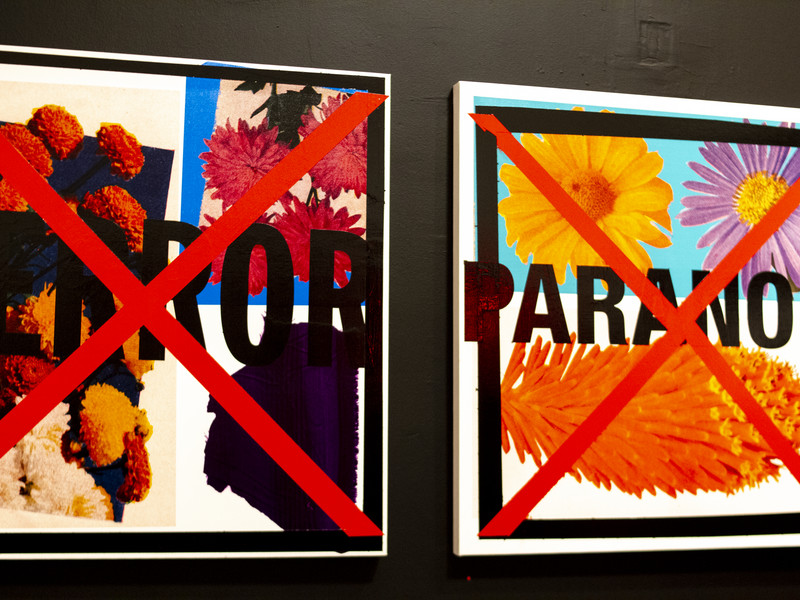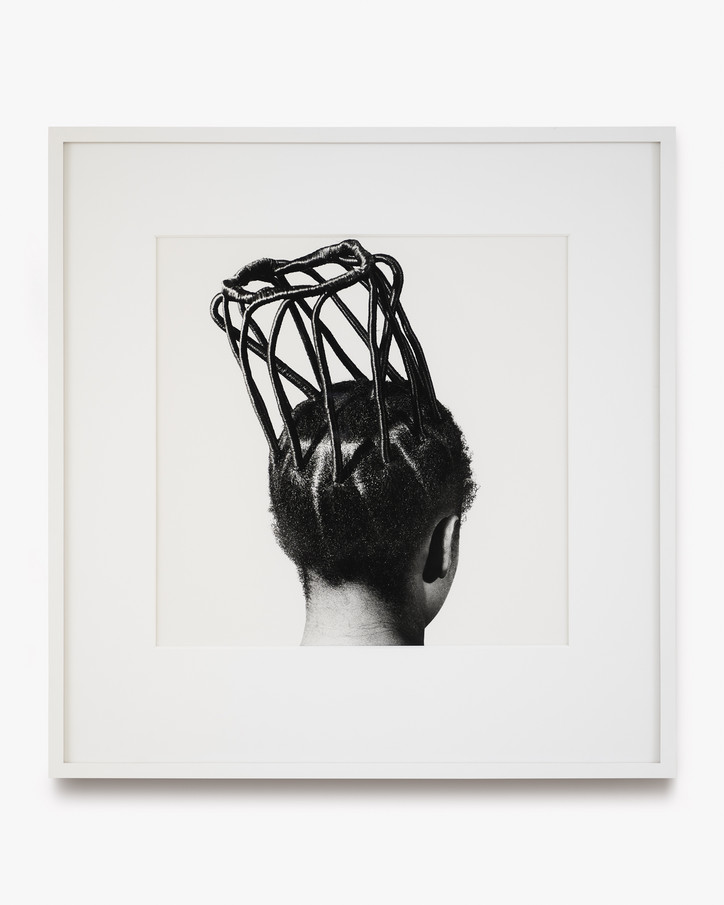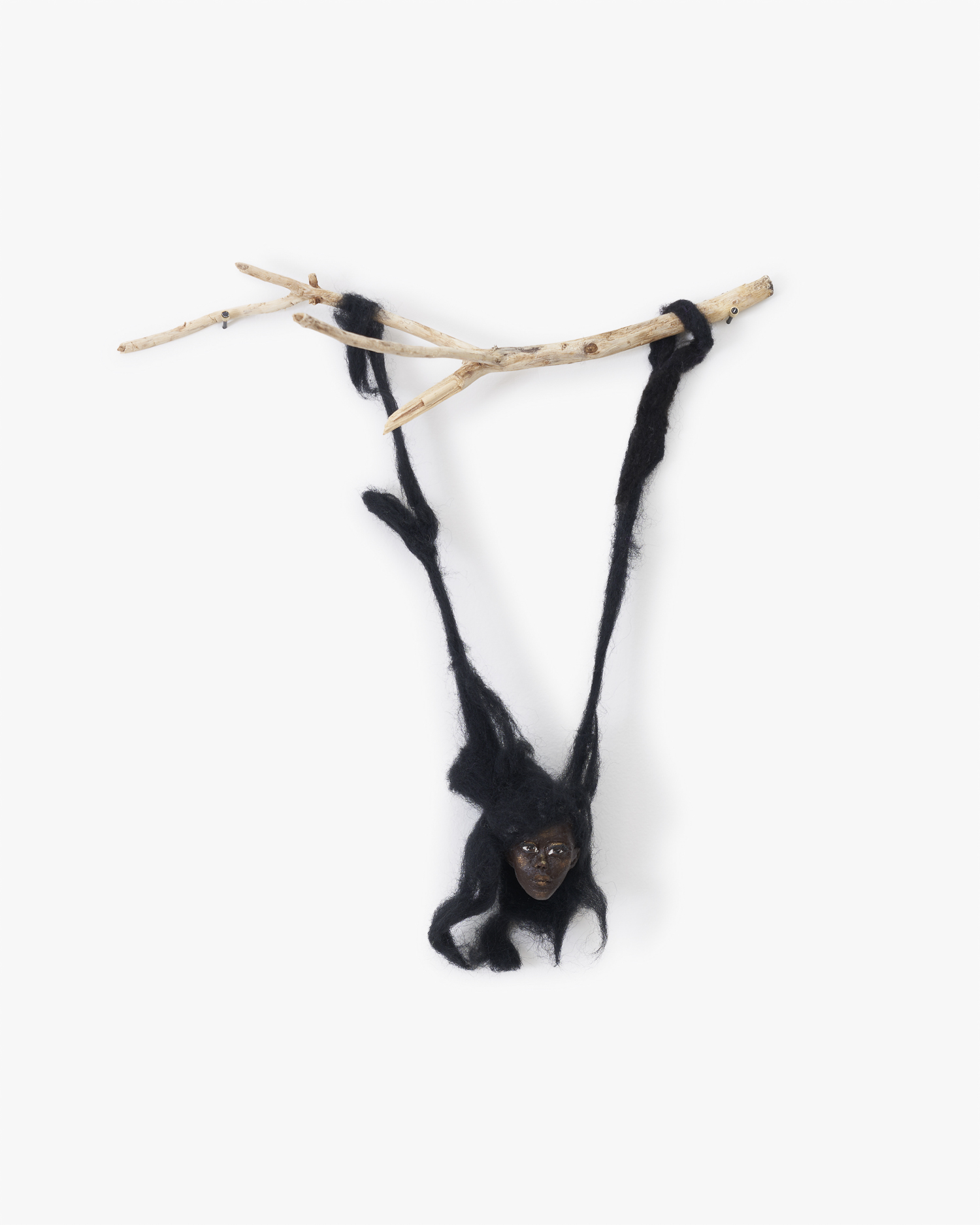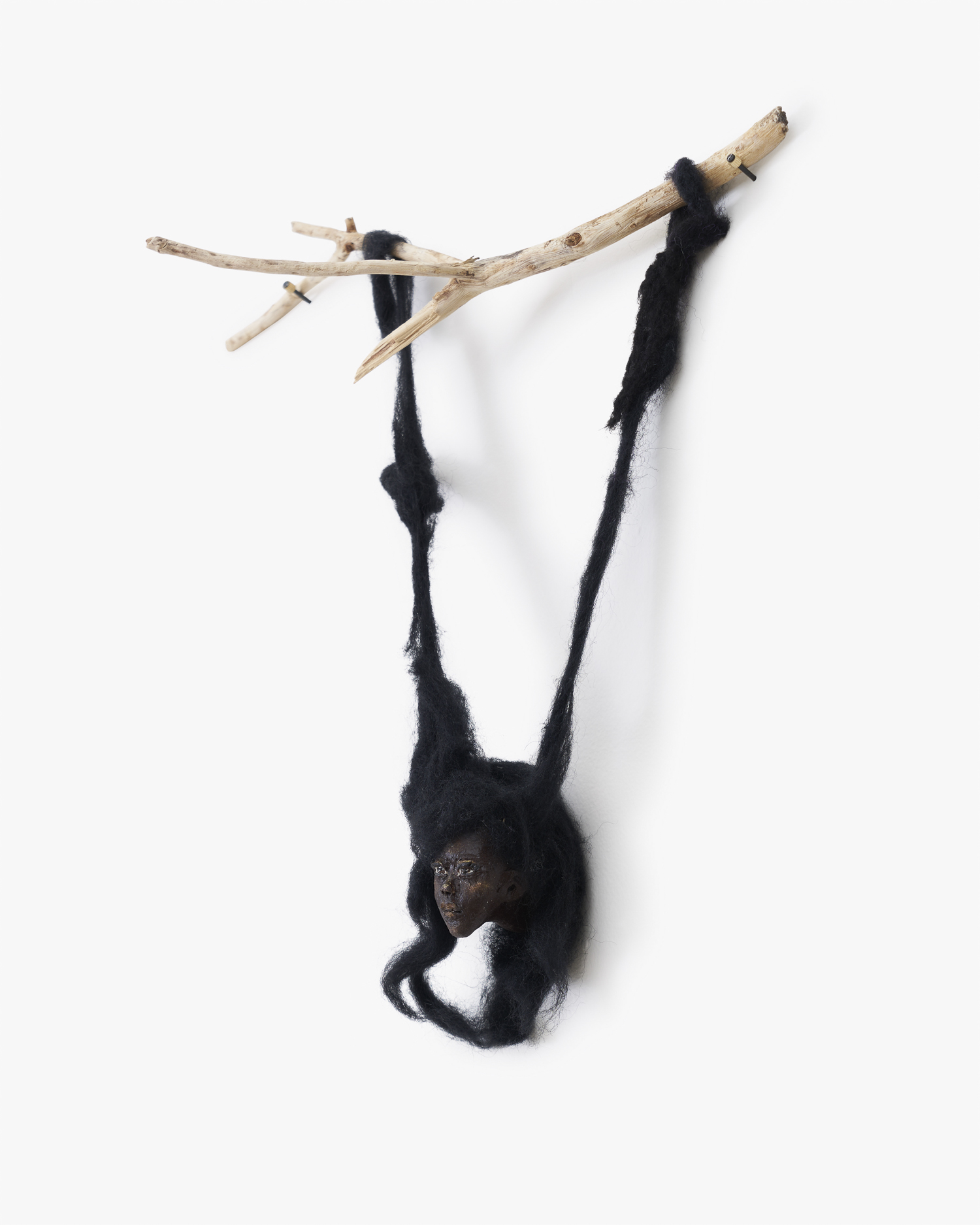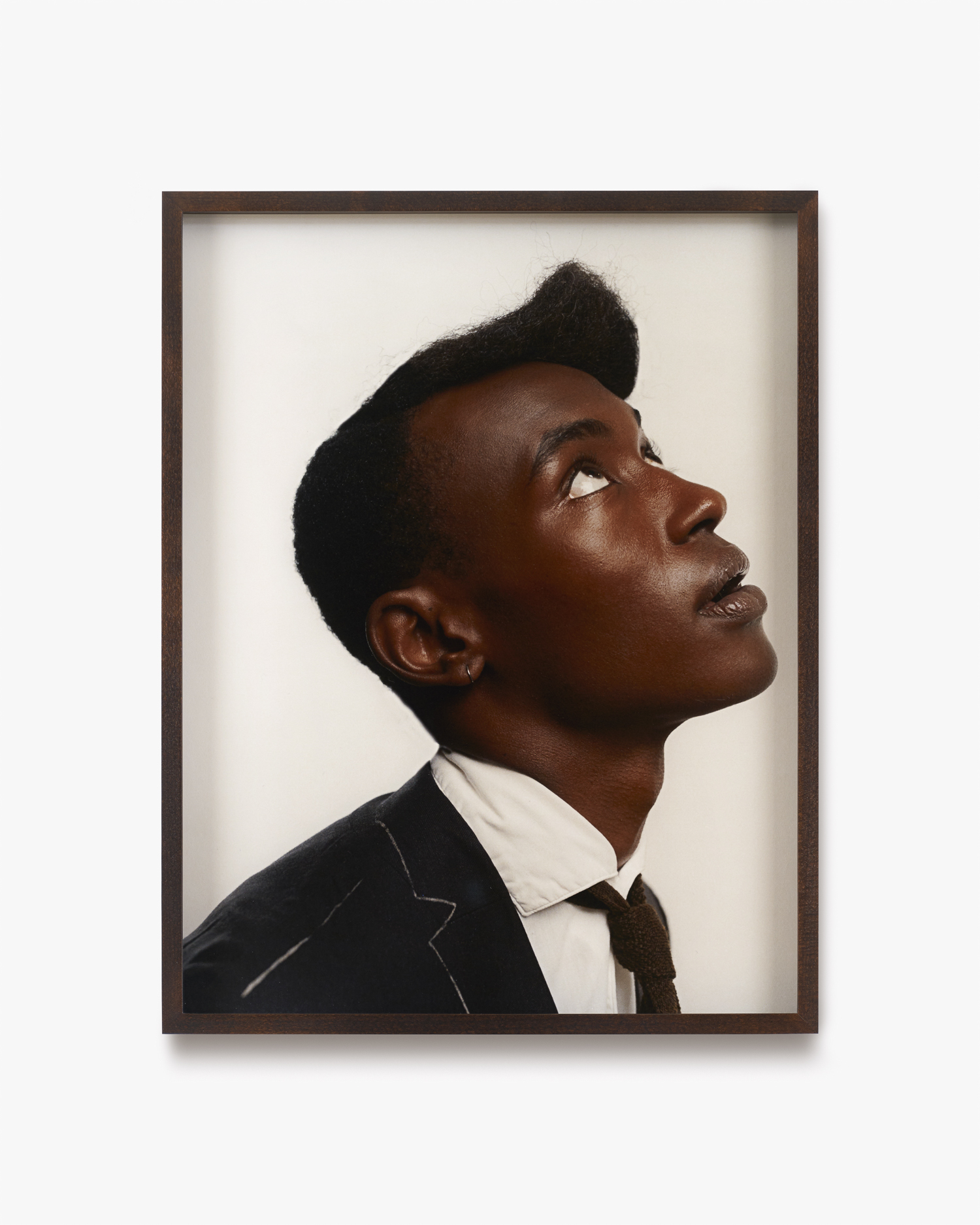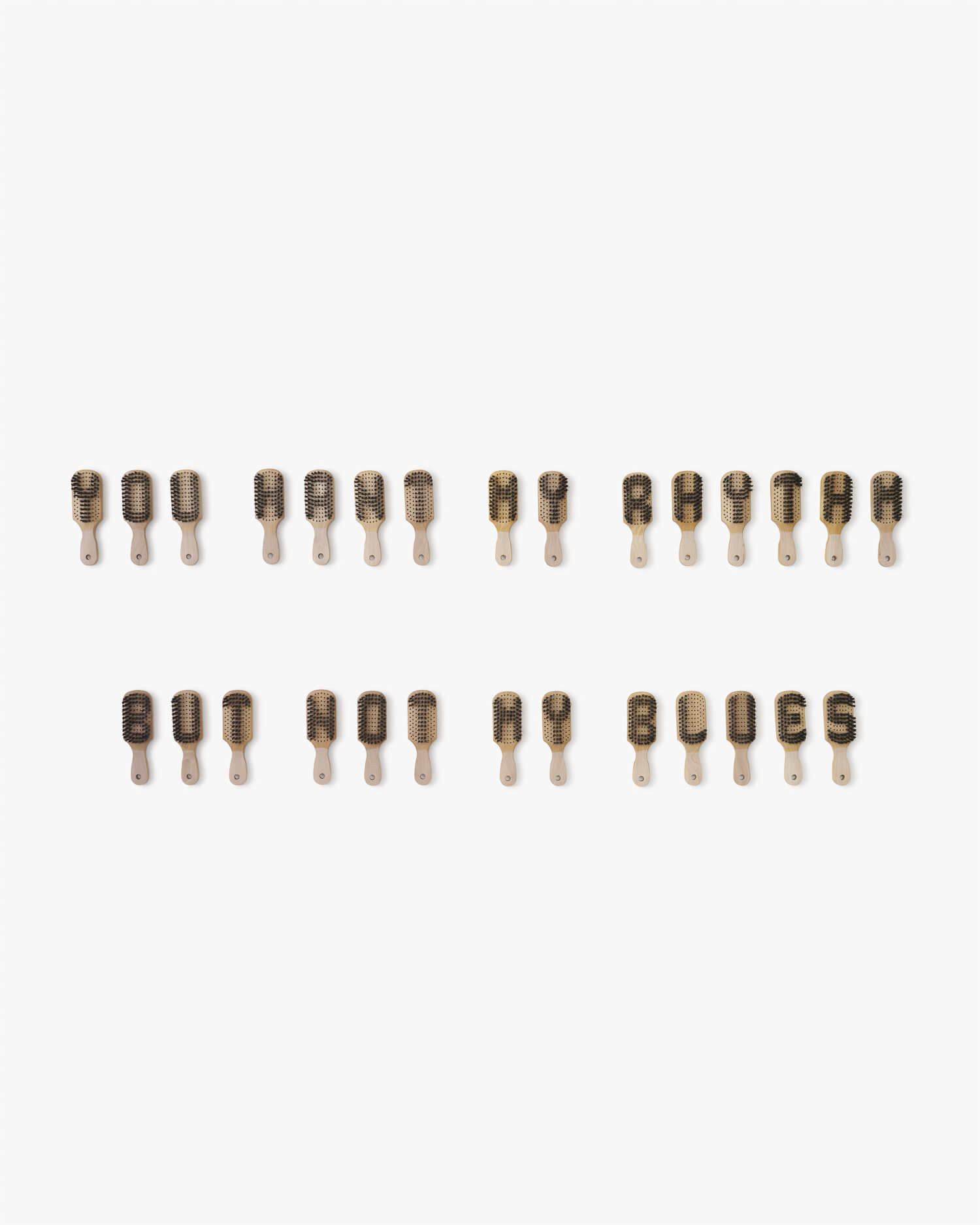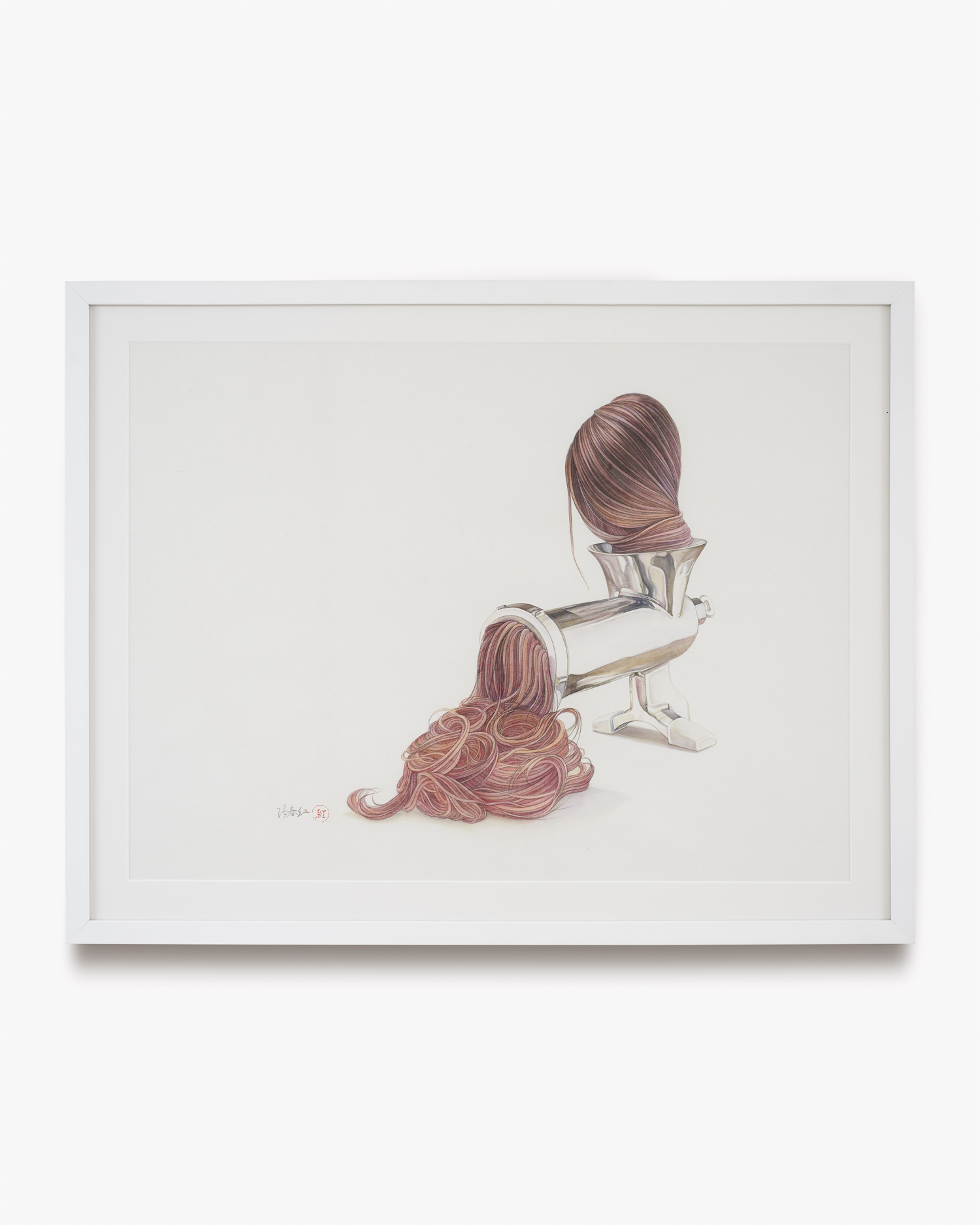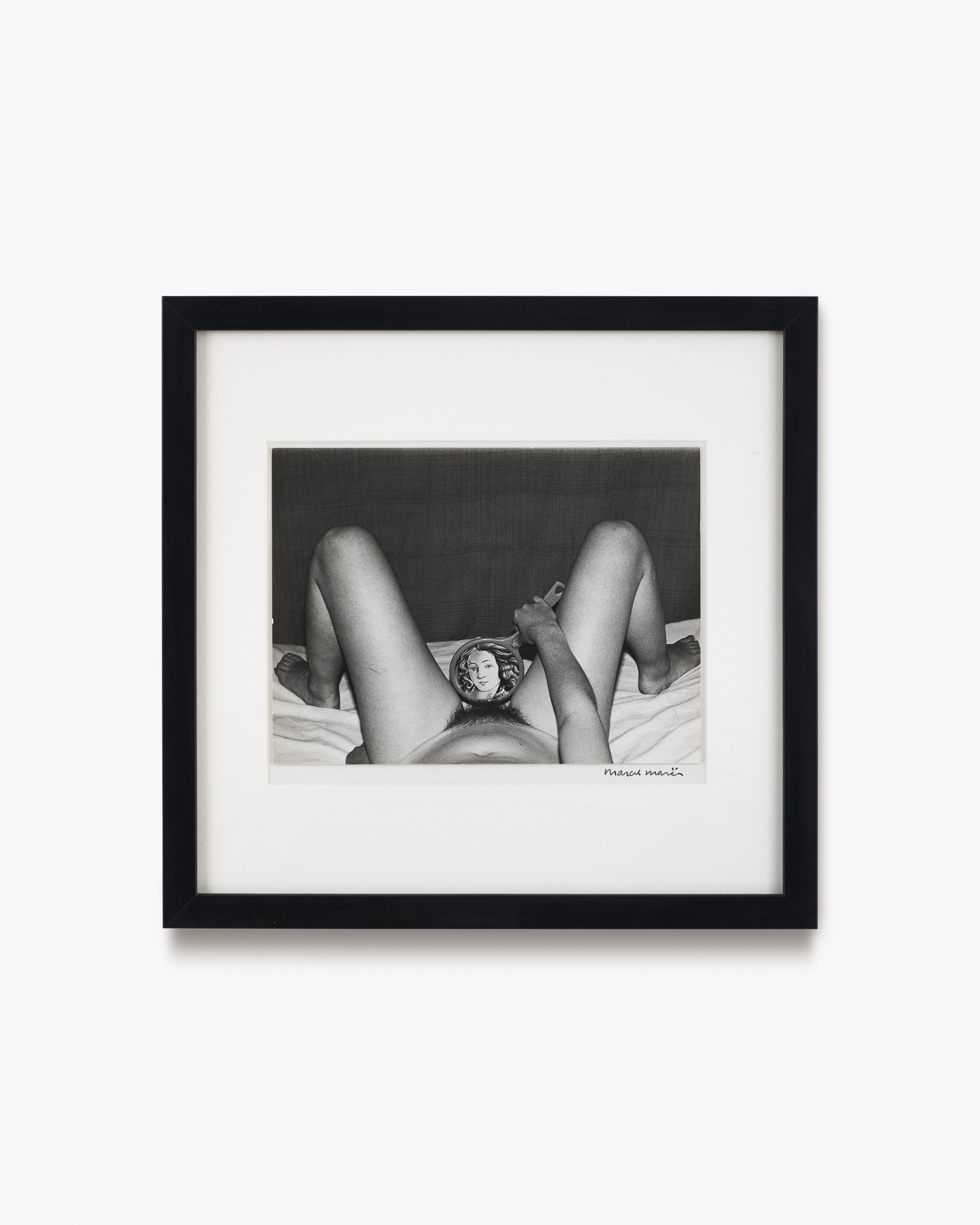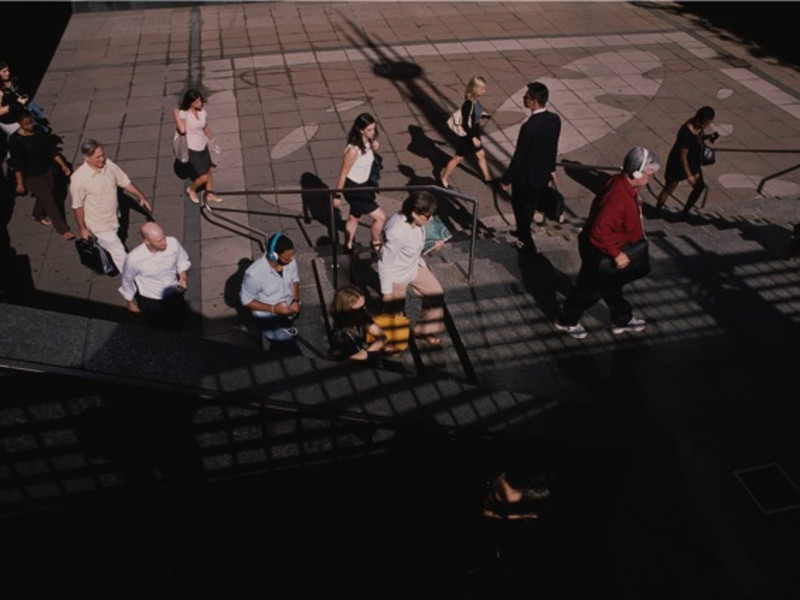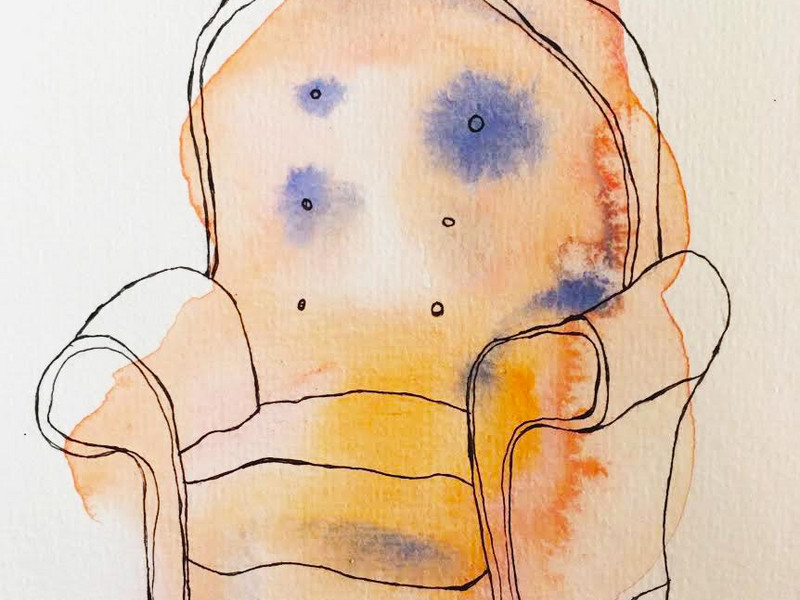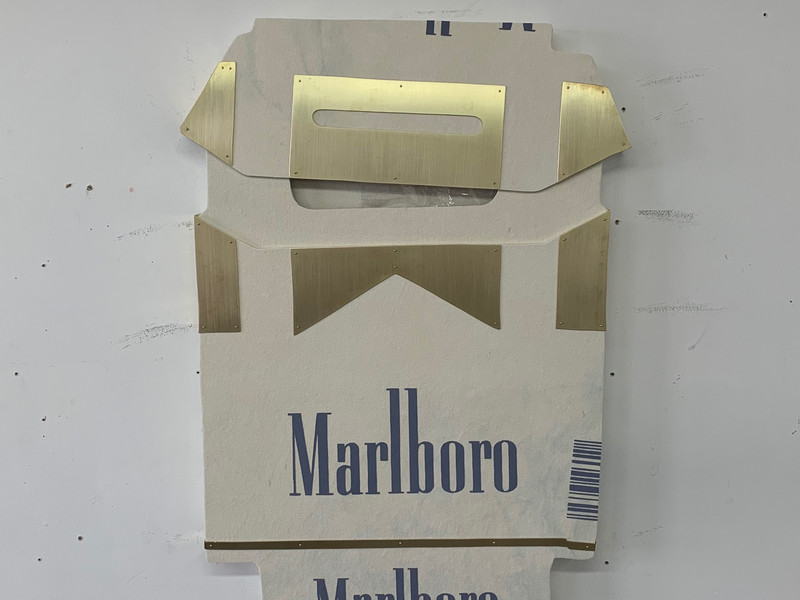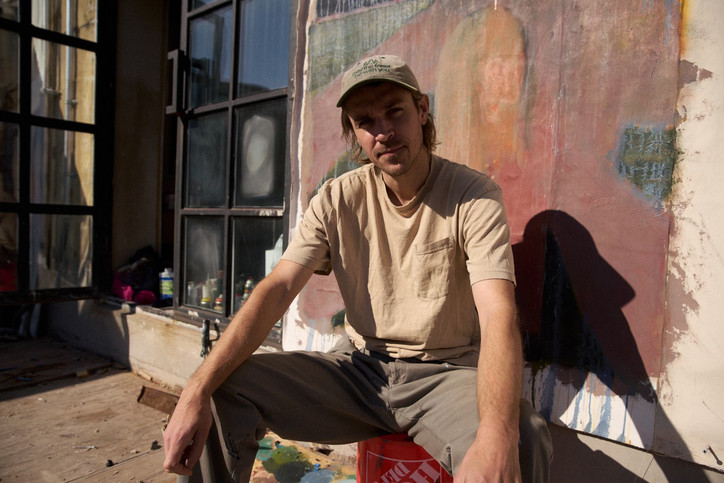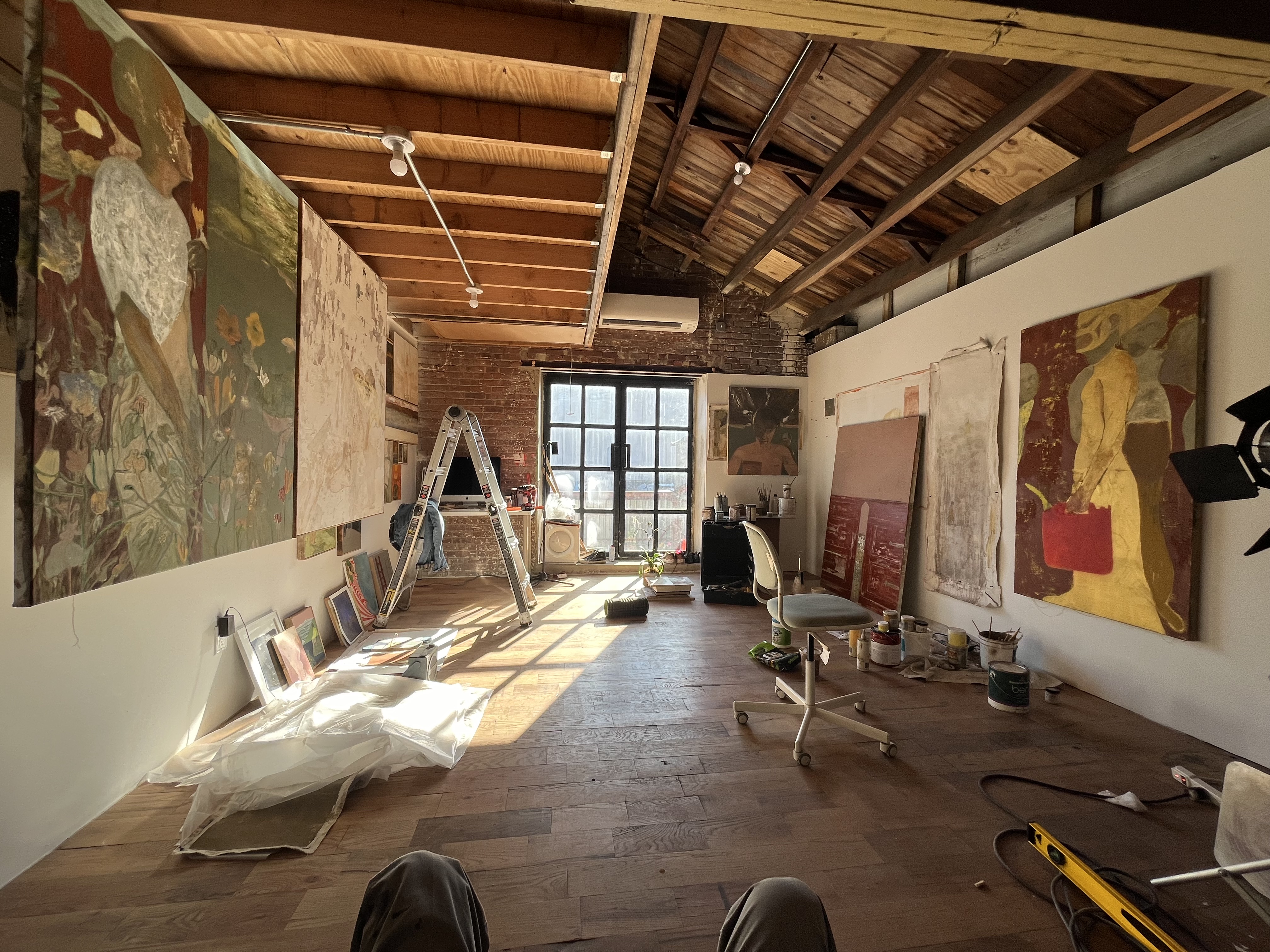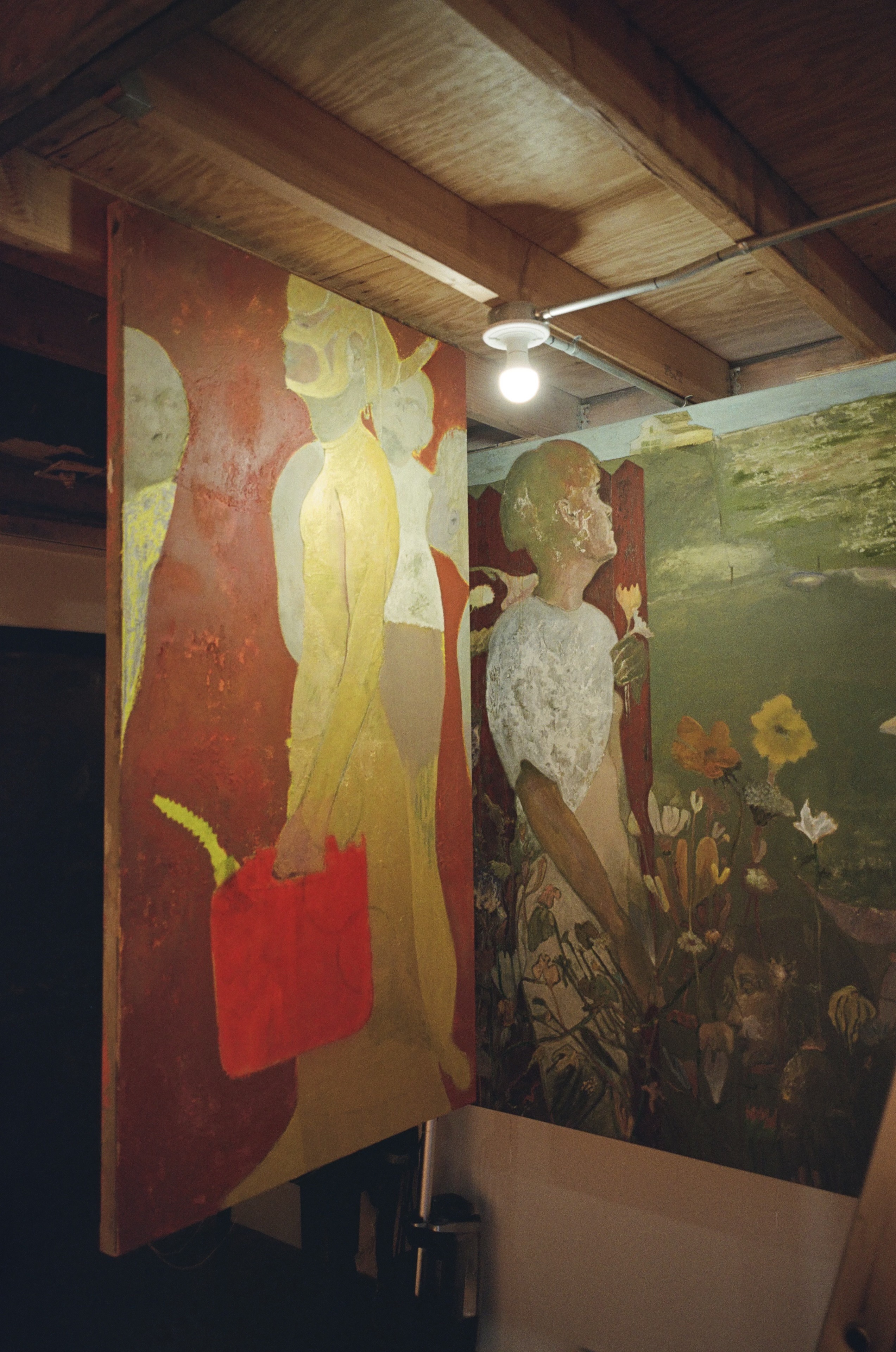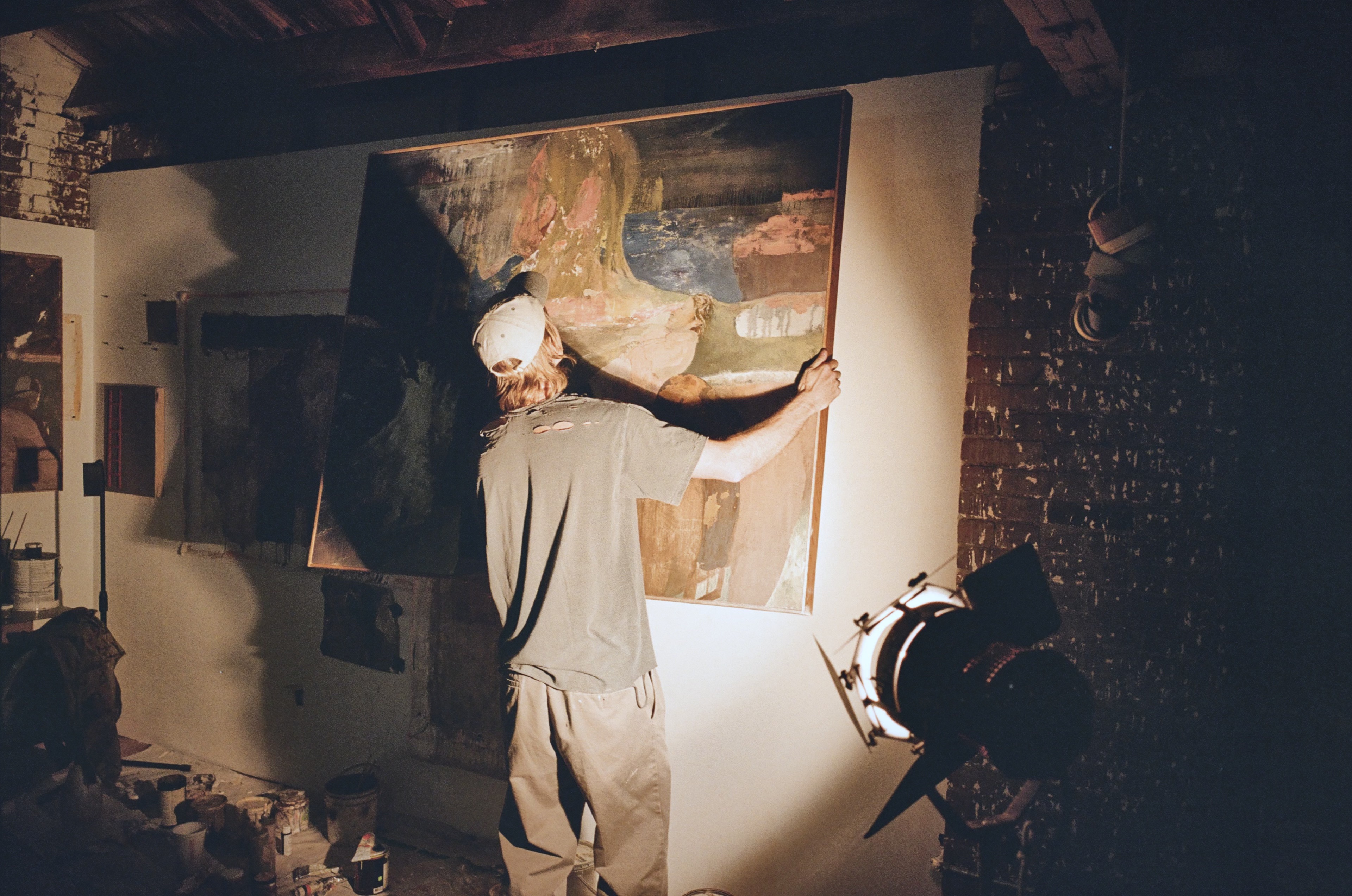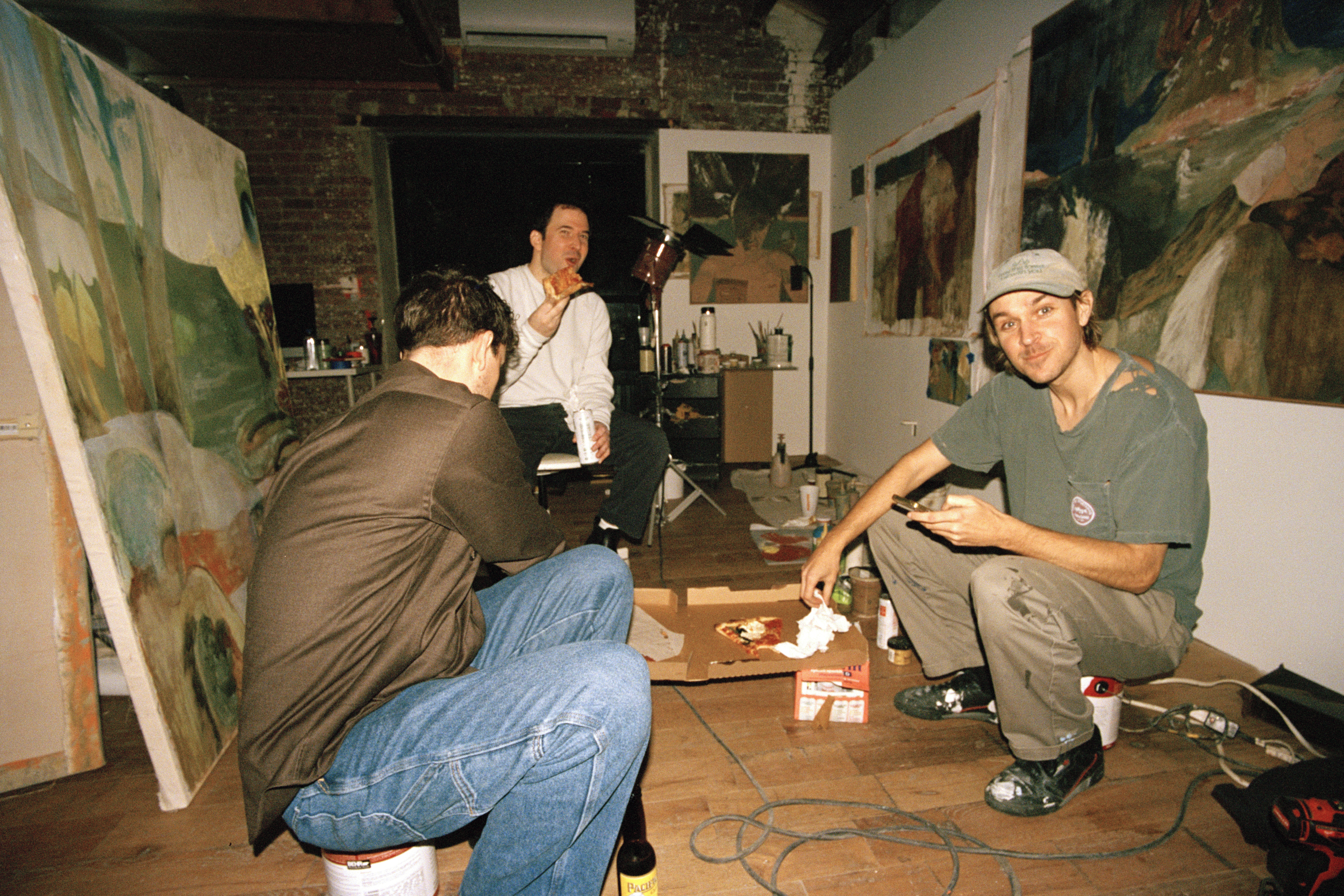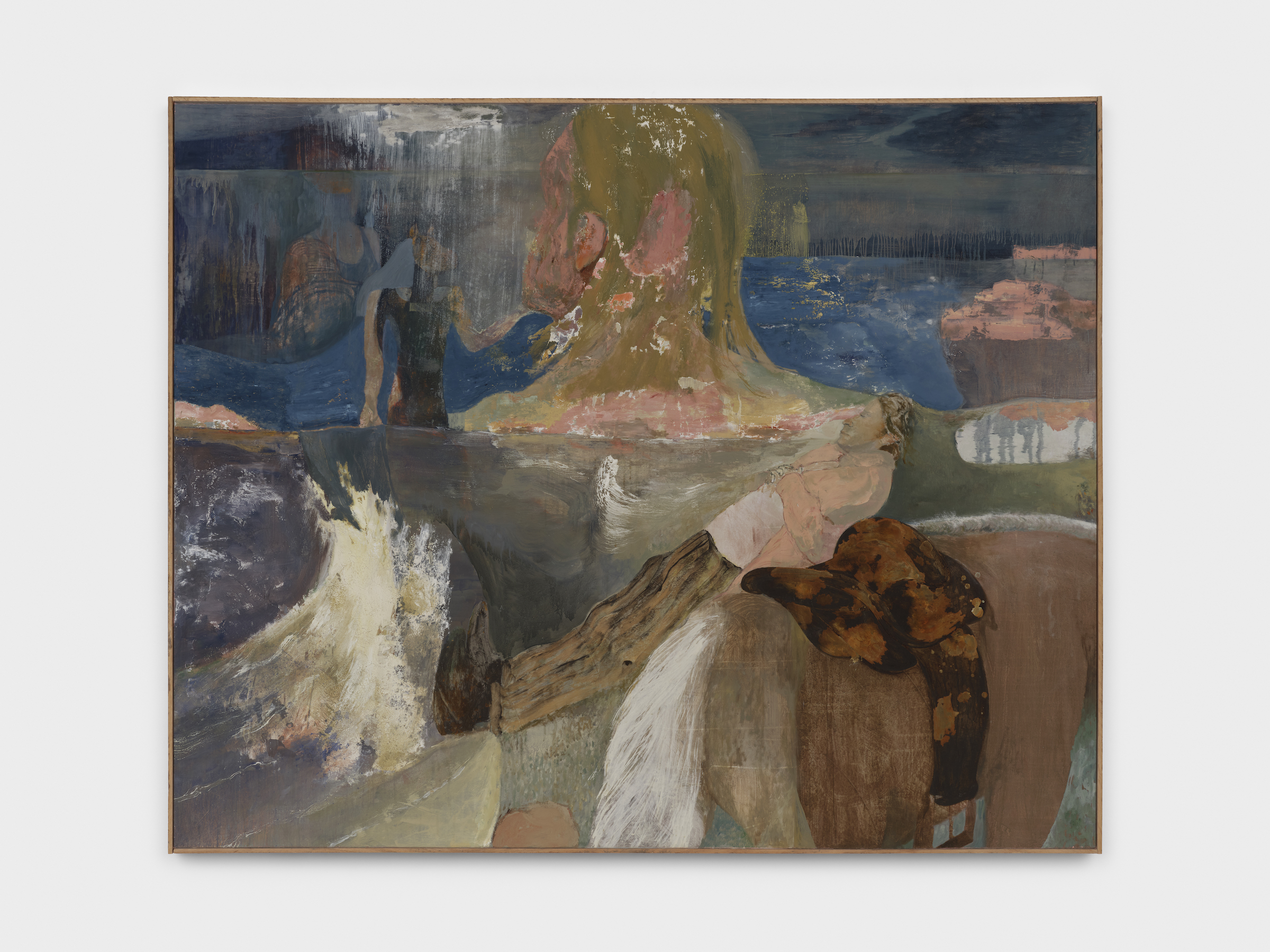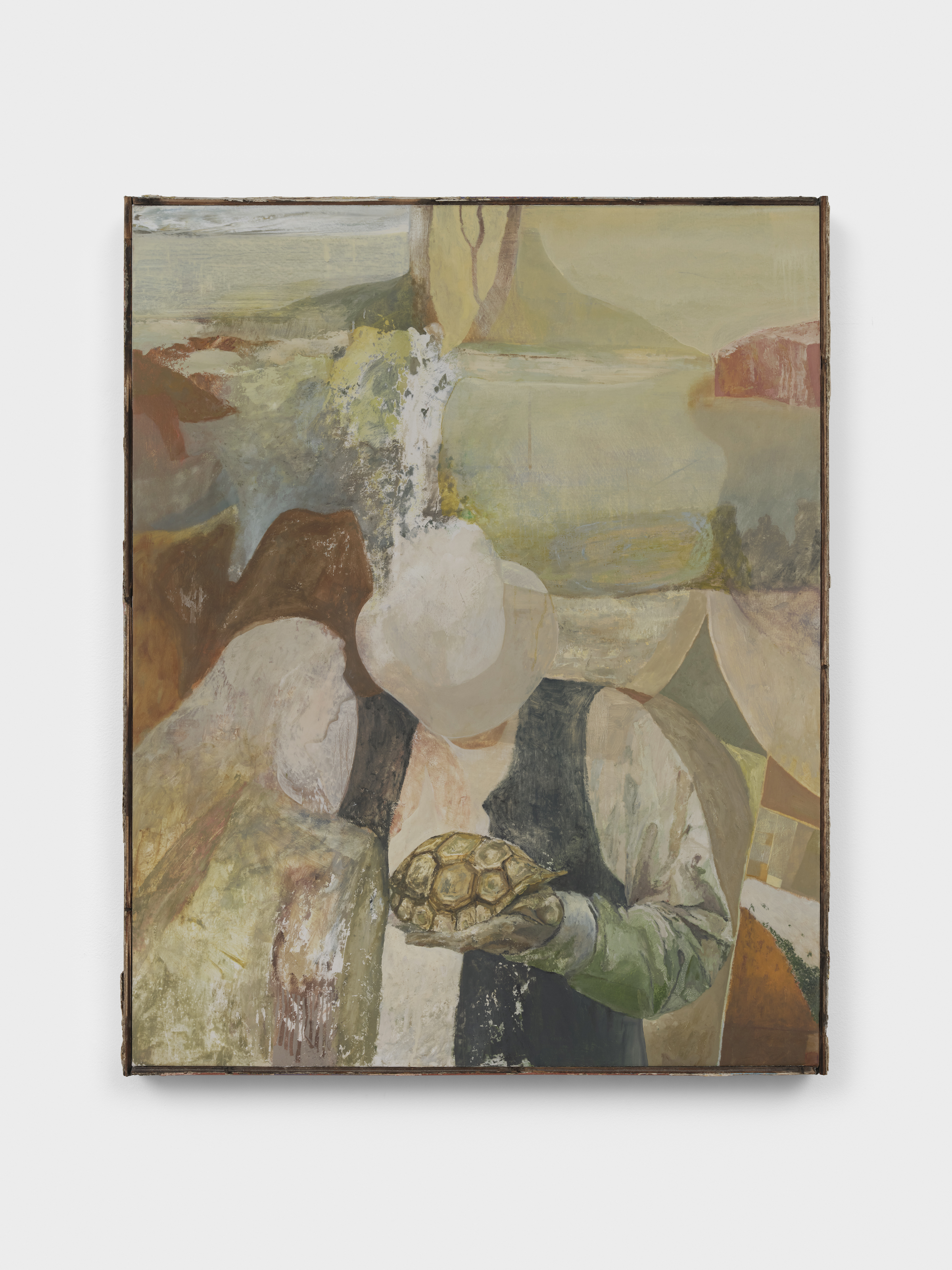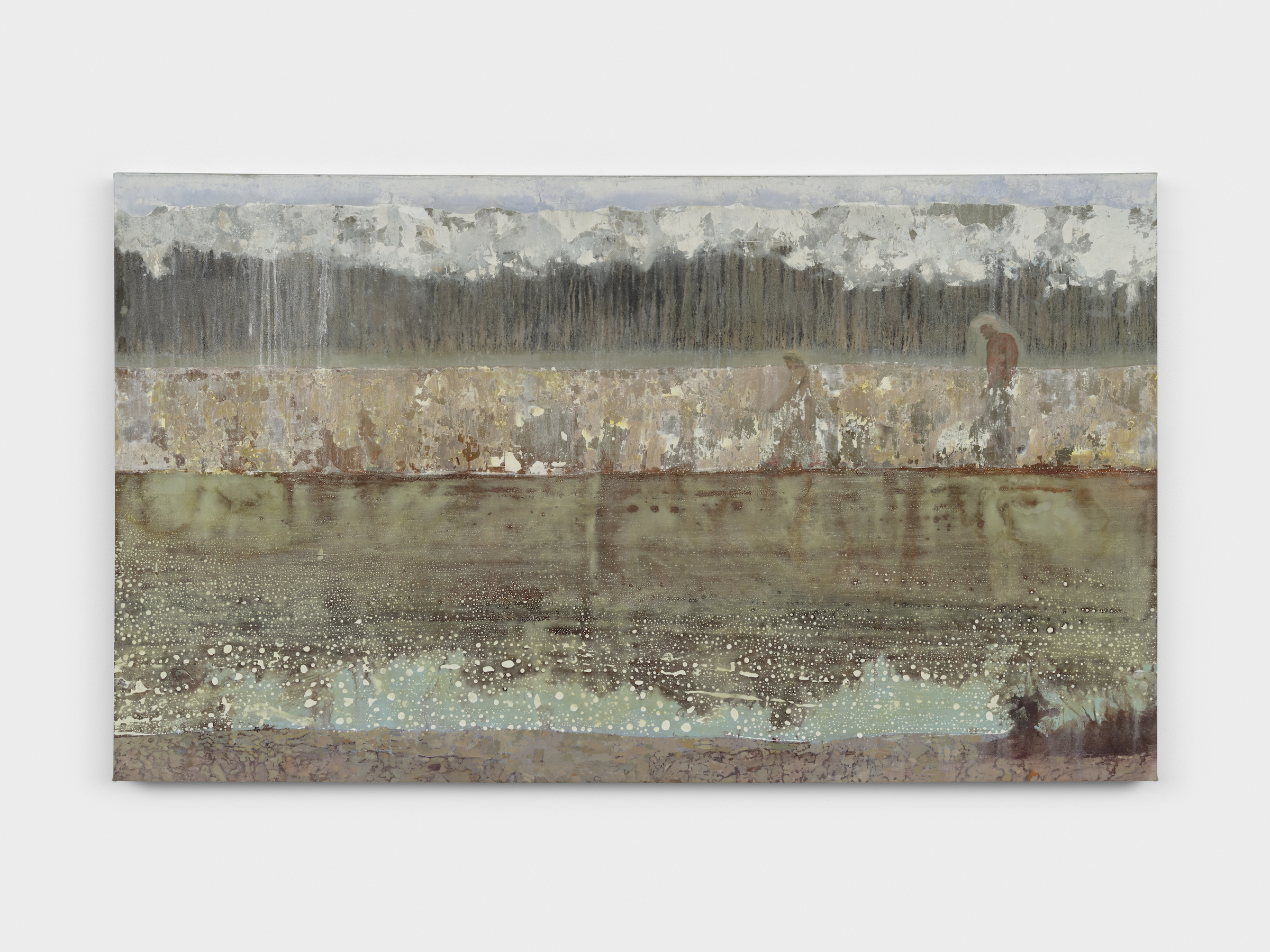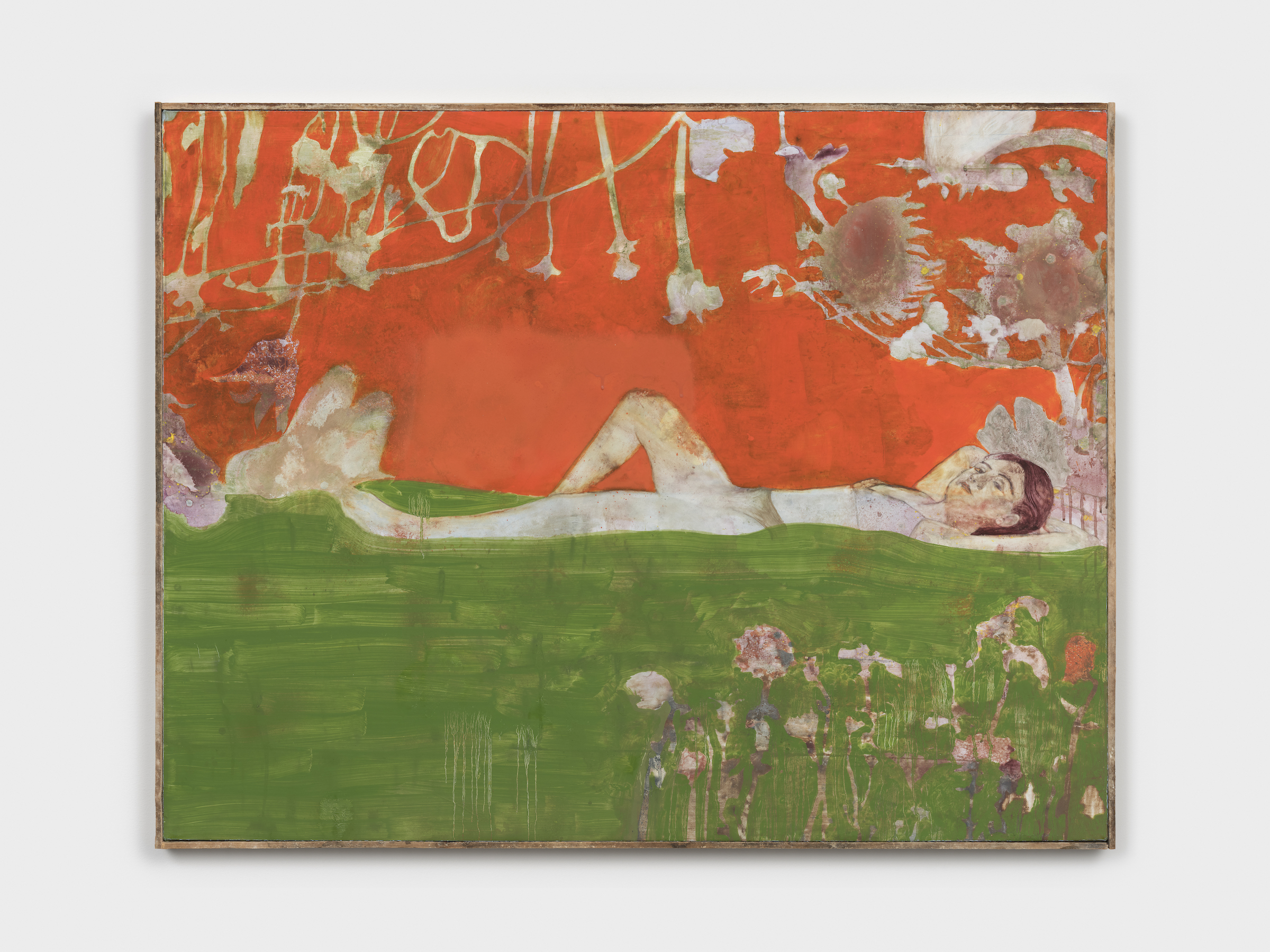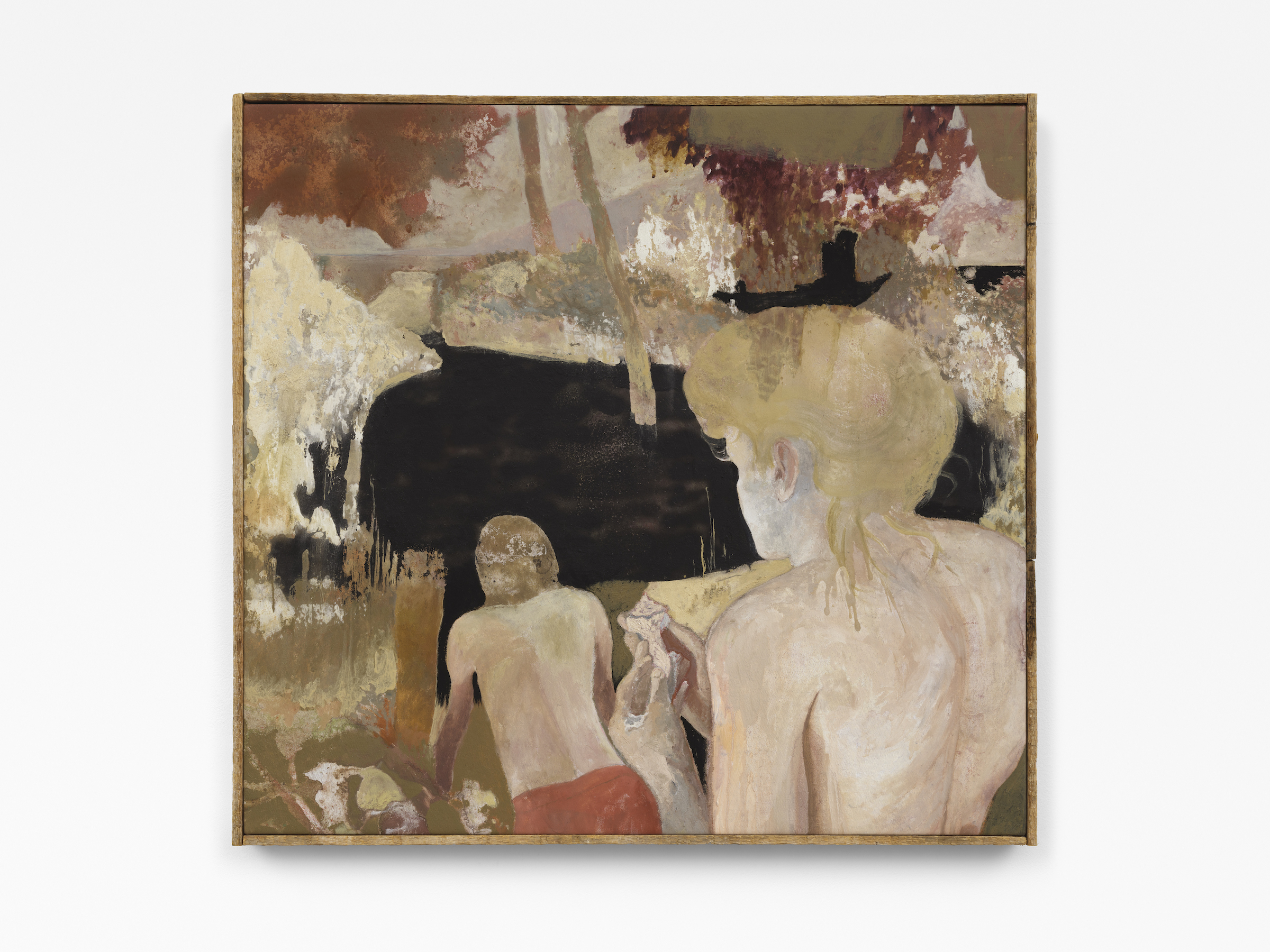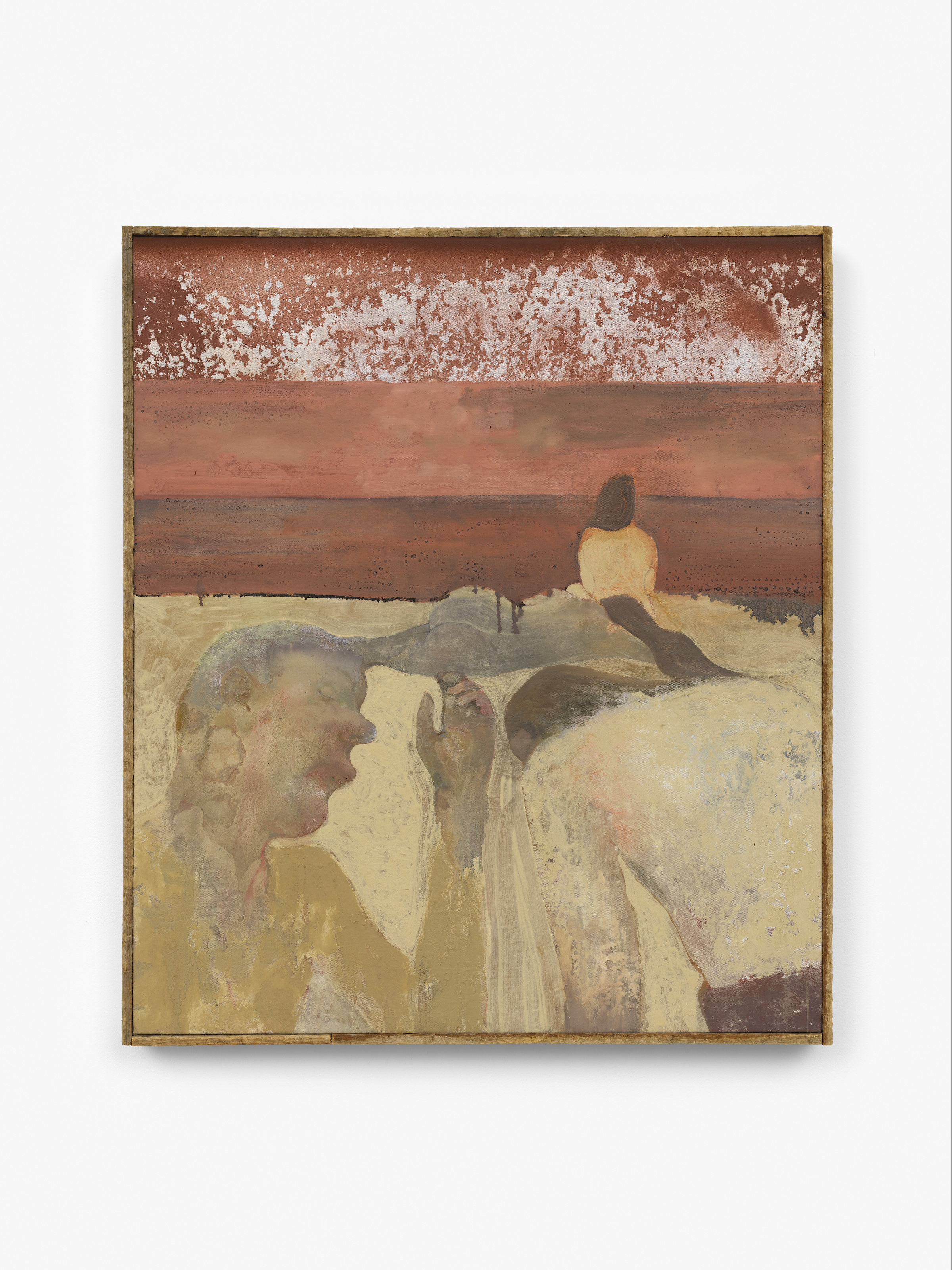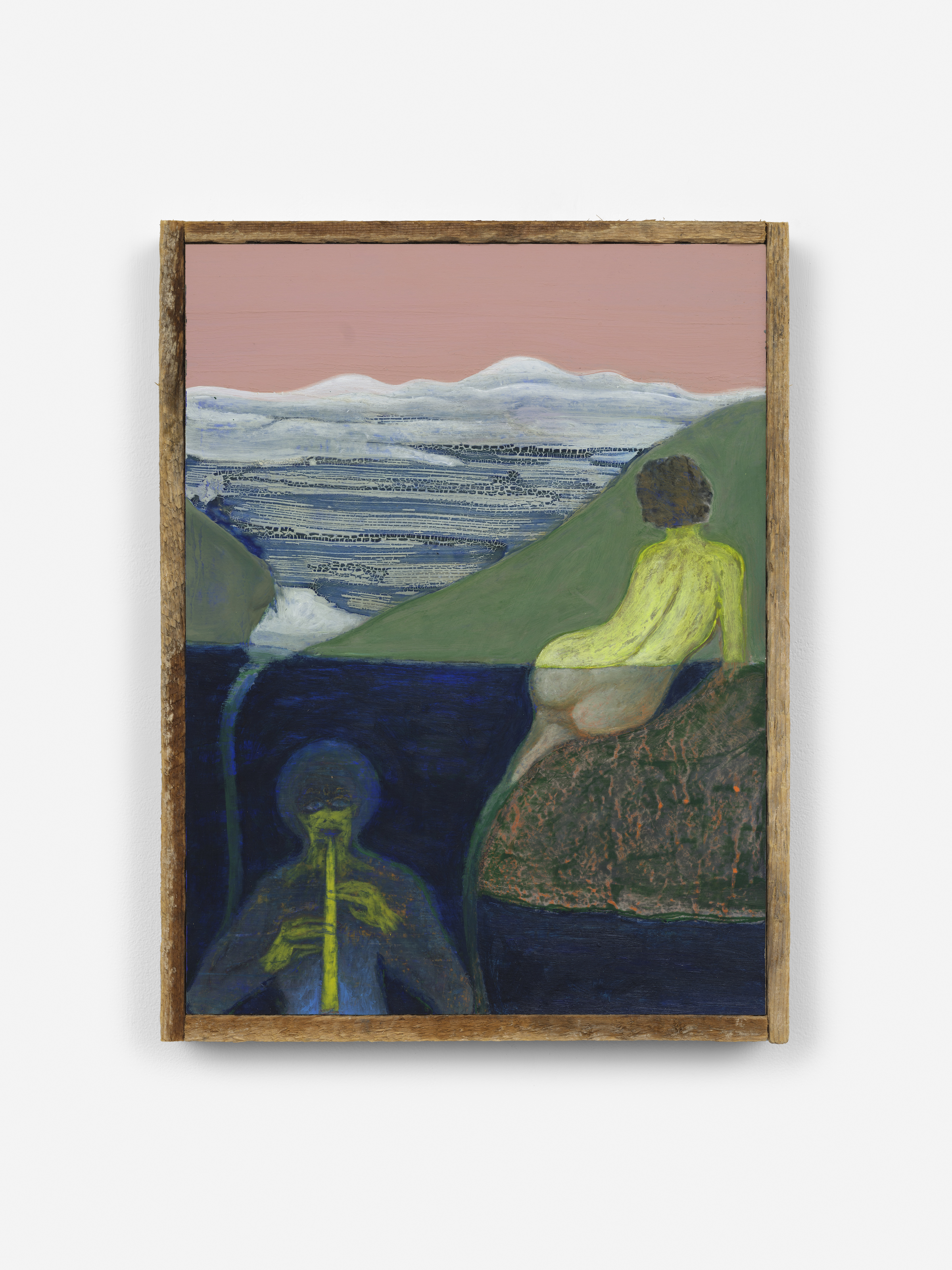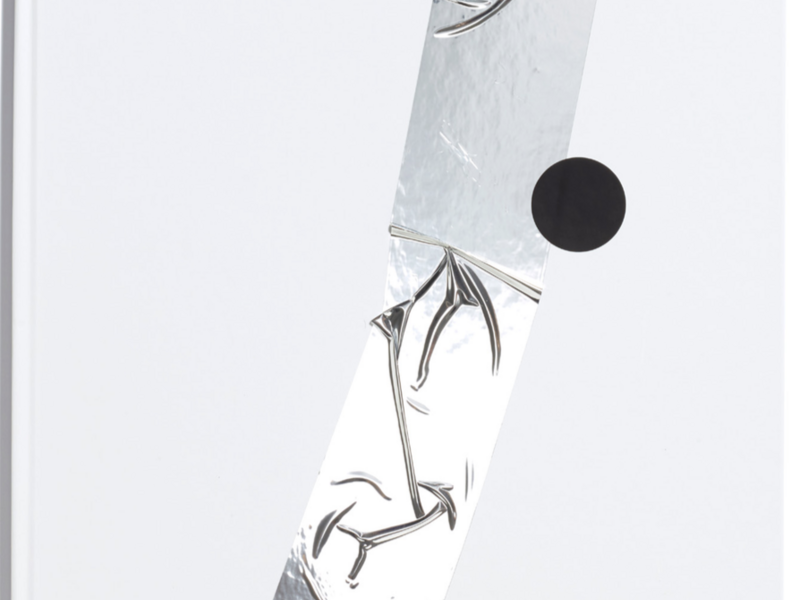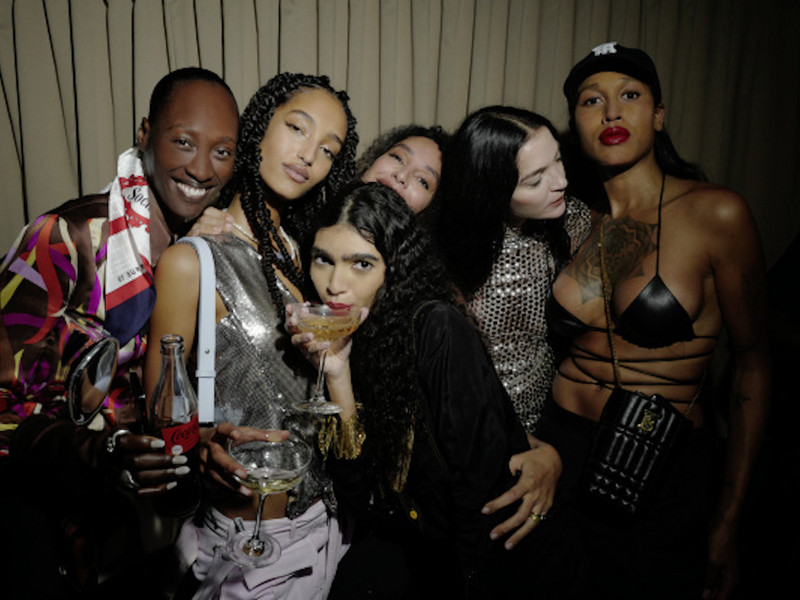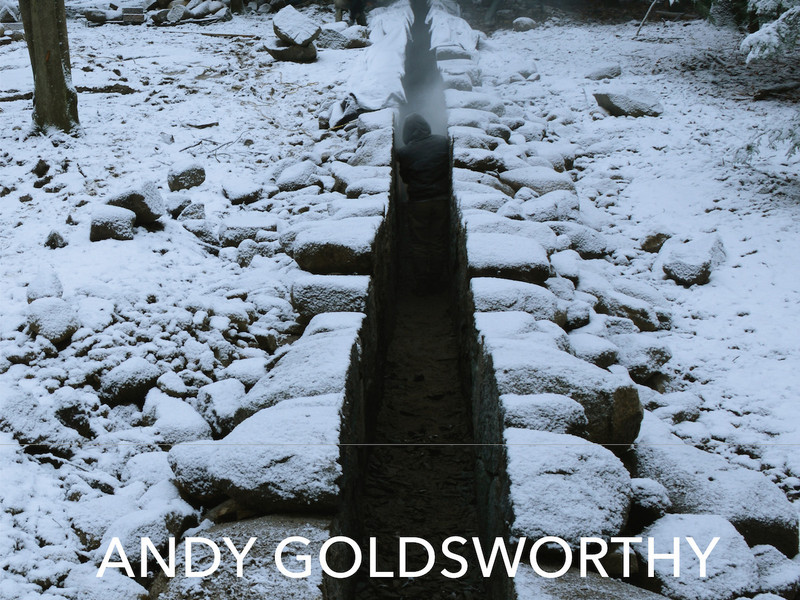In the Uncanny Valley with Murrie Rosenfeld
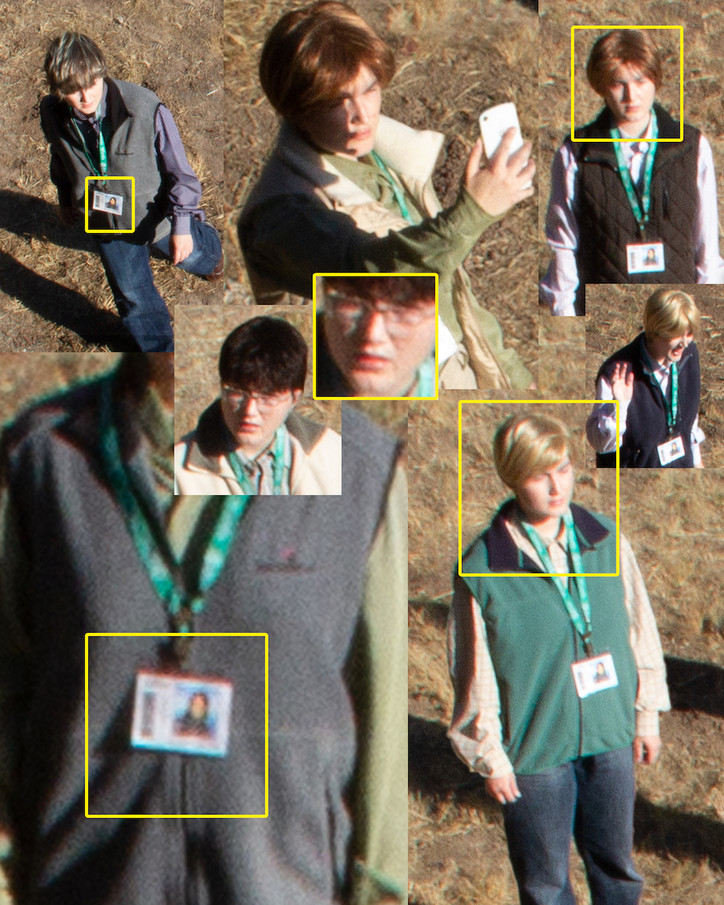
Of course, Facebook these days is this colossal source of misinformation (see: election interference, data misuse, proliferation of hate speech, etc. etc. etc.). But some of the weirdest conspiracies on the web concern the platform’s creator—they’re like fever dreams, complete with reptilian cults, surveillance paranoia, secret societies, and, at the head of it all, Mark Zuckerberg.
Conspiracies that Mark Zuckerberg is a shape-shifting lizard are almost as absurd as Zuckerberg’s actual, unimaginable wealth. And that’s what intrigues Murrie Rosenfeld, a Brooklyn-based, Bay Area-born artist who describes herself as a “wealth-obsessed, corny, wannabe-intellectual.” Her office-exclusive series Valley Boys imagines the mystique of the elite ruling class as a Goosebumps-inspired exploration of conspiracy, capital growth, tech, and anonymity.
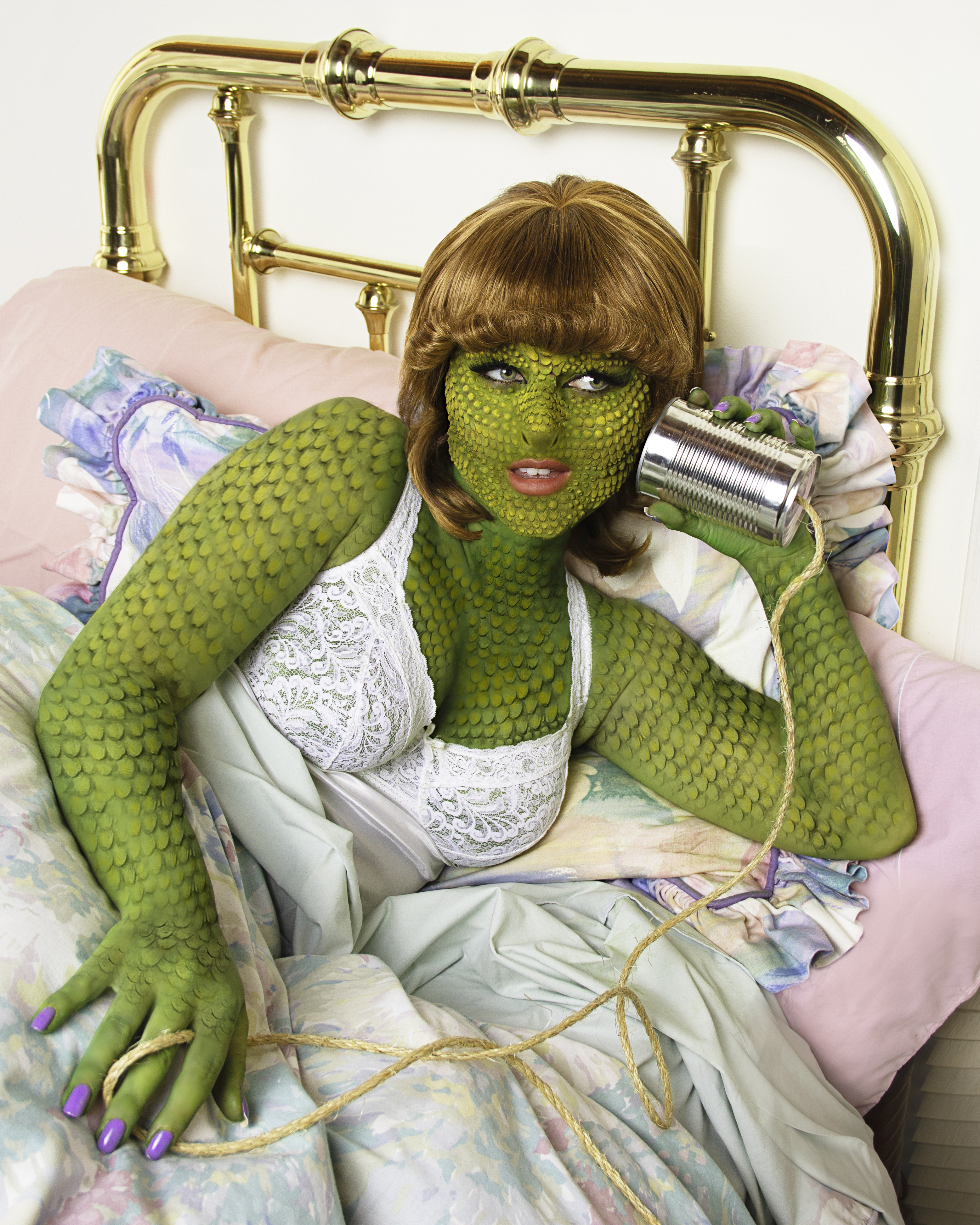
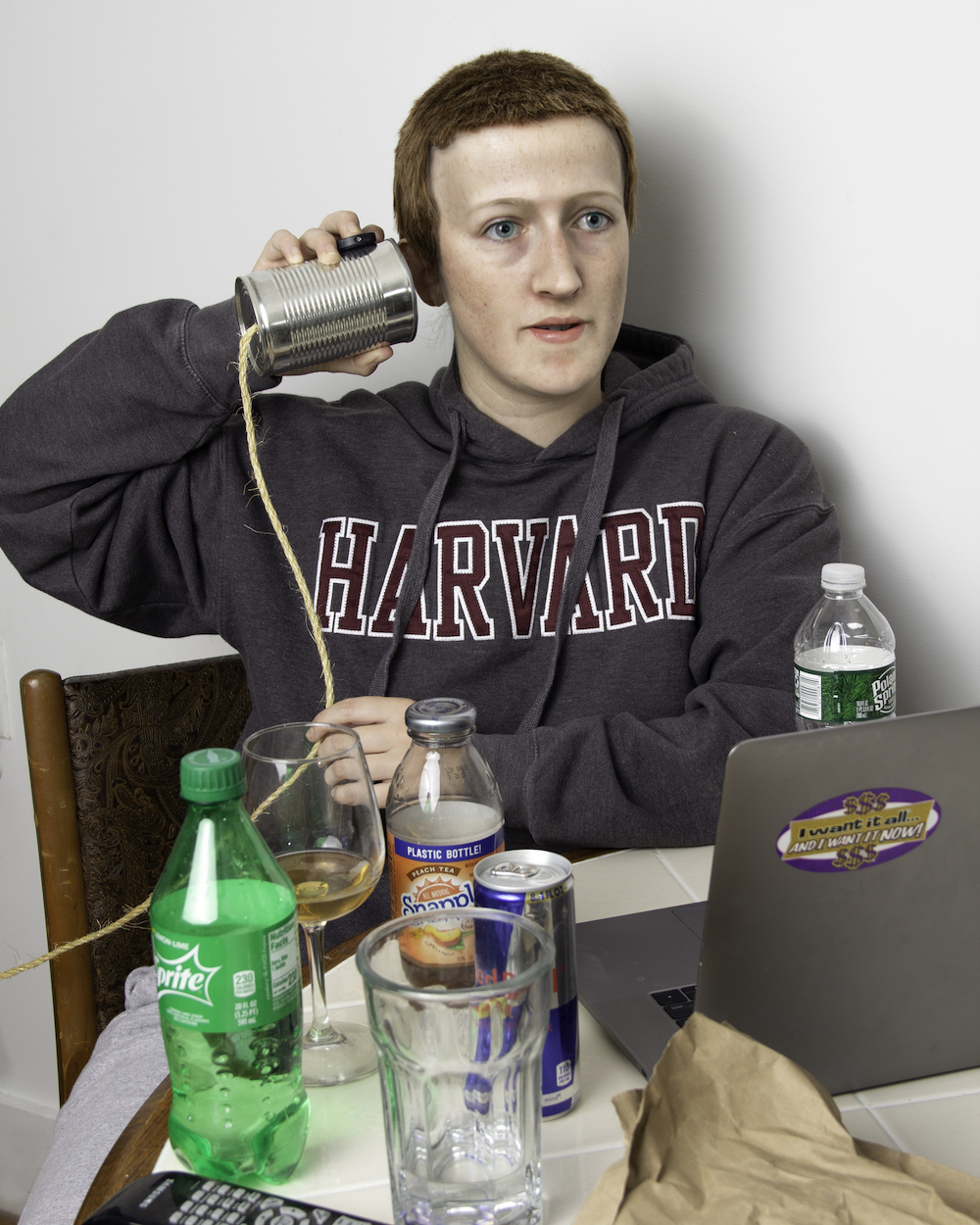
“I’m super fascinated by the ways we try to make sense of power structures in communities that we can’t fathom,” she says. “Even though conspiracy theories can be really fucked up and grotesque, I do think that they’re a really valid response to this disconnect that exists between the average person’s reality and these incomprehensible levels of influence and equity that billionaires and corporations have on our lives and how they shape our digital world.”
And it’s an undeniably weird world we live in these days. office sat down with Rosenfeld to see how she tackled it in her latest meme-inspired series.
So why are you interested in Zuckerberg in particular?
I’ve spent a lot of time researching billionaires and Mark Zuckerberg particularly, and I honestly think that early on, if you look at early videos of him right when he started Facebook, when he’s talking to a CNN anchor and they’re touring his startup, he seems like a cool guy and I would party with him. Now, he’s kind of evolved into this mythological American figure, and he’s literally the third richest man on earth.
With anyone rich and powerful, there’s this bizarre tipping point that occurs in public perception, where they transition from seeming like a normal, uber wealthy person, which obviously isn’t normal but you know what I mean—to someone who’s uncanny and detached and otherworldly. Kind of like the Turing Test or the Uncanny Valley: the weird tipping point where you’re able to sus something out. I find it so sus. Even reasonable people can think he’s like, a reptilian shapeshifter, and buy into conspiracies. Because how do you exist with this amount of money and power?
Where do you draw inspiration from for your work?
I’d say everything is super inspired by being raised in Silicon Valley, and seeing how tech culture dramatically changed the landscape of my home, both culturally and literally. I’m also inspired by going on TikTok k-holes, watching corny horror movies, and I love Goosebumps. That’s something that I’ve always wanted to incorporate into my work and I feel like this was my entry into the Goosebumps milieu with this project.
If I had to name an artist I’m really inspired by, I’d say Peter Saul. Because he’s also born in San Francisco and from the Bay Area, and all of his paintings are super grotesque, tangled, kind of deformed interpretations of pop culture trying to synthesize political and social things going on. Even though sometimes it doesn’t age well to comment on pop culture or current events, I think it’s still worthwhile. I‘m also drawing from David Icke’s shapeshifting reptilian elite conspiracy, which basically theorizes that secret societies, Hollywood, governments, etc., are run by lizards trying to control and enslave humanity. So I applied this logic to the Silicon Valley tech drone aesthetic.
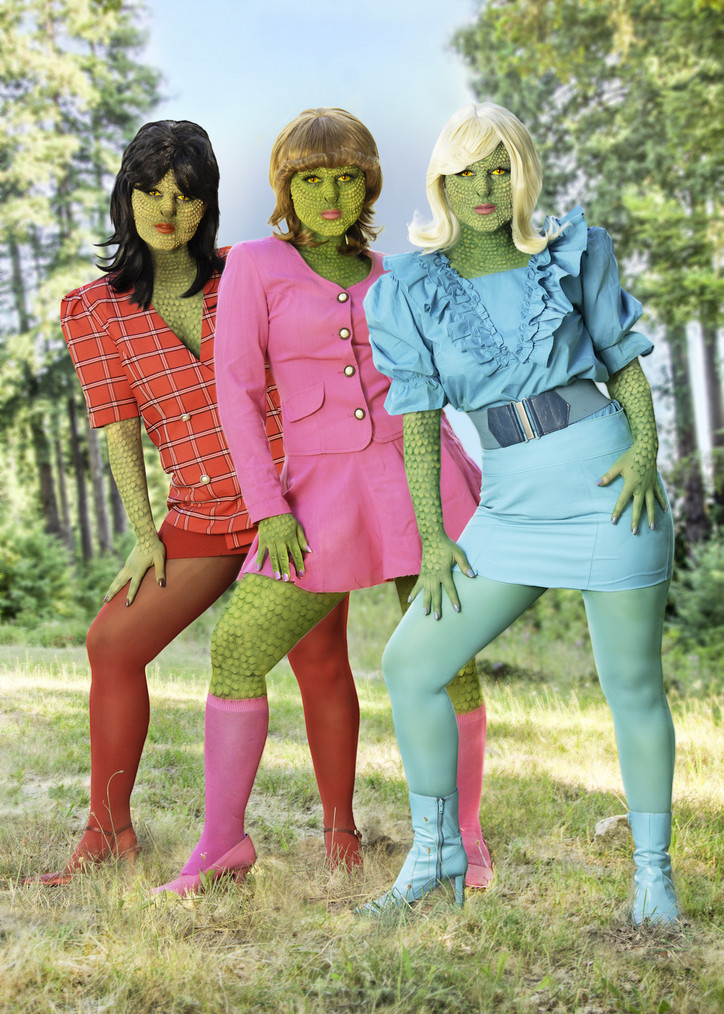
Why do you use yourself as a model?
I don’t know if you can tell, but I'm pictured as Mark Zuckerberg talking to the lizard. A lot of people definitely ask me—are these self portraits? I always get compared to Cindy Sherman. I love her and I think she’s so important for opening a door I maybe otherwise wouldn’t have thought to walk into, but I honestly feel very little relation to her, in the art or photo scheme of things.
I really think about using myself in photo series more in the way that a cheesy comedy movie or sketch comedy would play out. Kind of like an Austin Powers thing—he plays Austin Powers and Doctor Evil and one of the spies. It’s a tool to emphasize the narrative and create connections that wouldn’t otherwise be as obvious. When I model for my own stuff I really feel like it’s closer to sketch comedy rather than playing on stereotypes.
What do you see yourself doing in the future?
This series is definitely a continuation of my old projects. If you put this next to my old work, there really wouldn’t be a huge conceptual discrepancy. I don’t think as a topic I’ll ever get sick of examining the pursuit of wealth and power. I just know that going forward, I want to move away from kind of celebrating luxury while critiquing it, because I feel like that’s something that I witness a lot in other art: straddling the line of, “I hate how wealthy people are but also I want those things too.” And it’s complicated, but I want to try to better understand through visual language or to try to move towards revealing the structures that enable that extreme wealth and its mechanisms. Which is why conspiracy is where I thought to start, because I was like, how do you even begin to understand those mechanisms?
When you can’t even begin to understand these peoples’ lifestyles.
Right—I literally calculated this like 100 times on my computer because I couldn’t even begin to compute it, but Mark Zuckerberg and his wife have created this thing called the Chan Zuckerberg Initiative. It’s where they’ve planned to donate 99 percent of their wealth throughout the course of their life. Obviously that sounds insane, but if you calculate it out, Mark Zuckerberg is worth 100 billion dollars, so assuming that that’s mostly liquid even though it’s not, if he donates 99 percent of his wealth, he’s still going to die a billionaire. It’s now more than ever that we really need to question, should anyone be a billionaire? He has enough money to end homelessness in the entire Bay Area, but he doesn’t. Our brains can’t even begin to cover what that kind of wealth looks like.
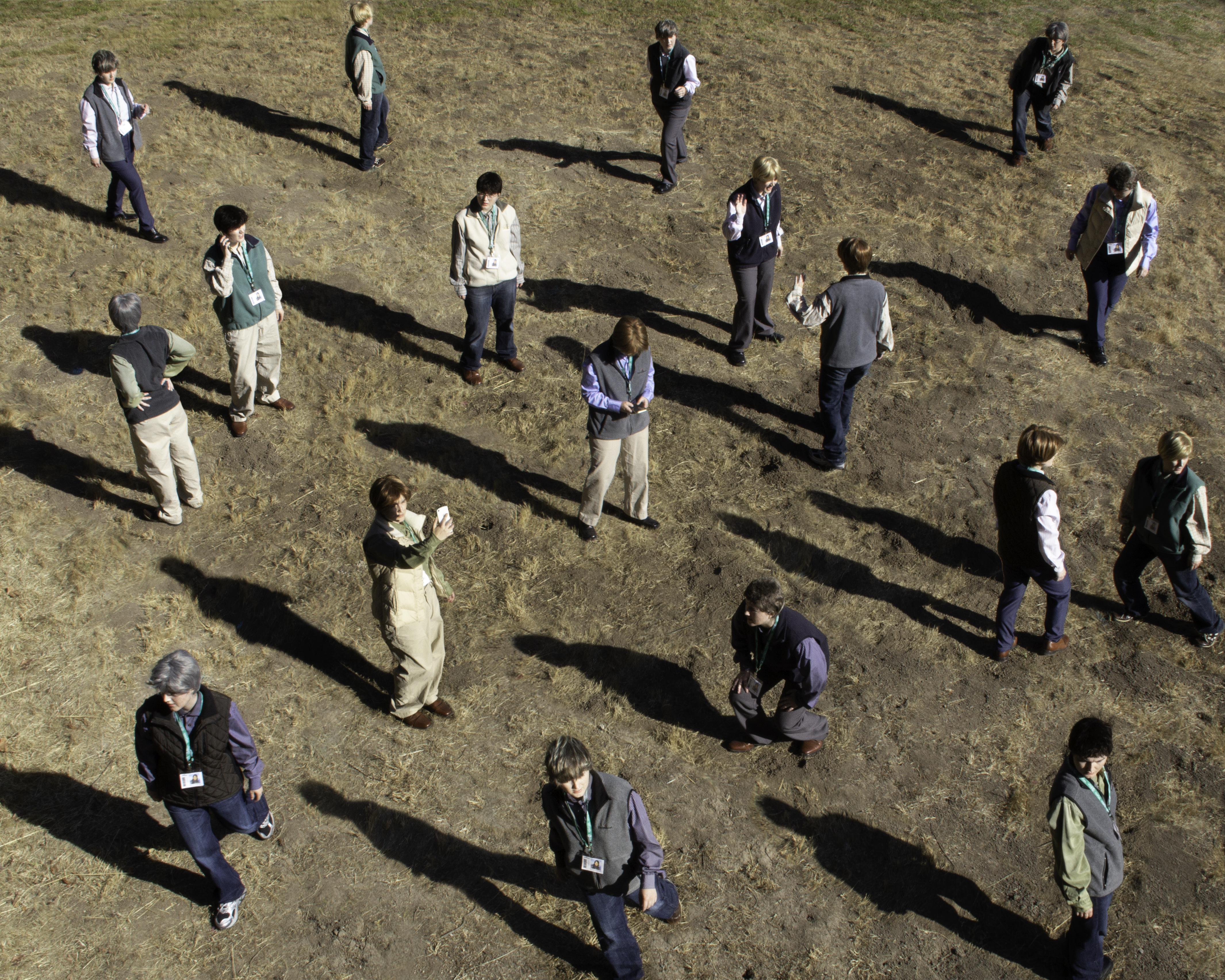

The other day I was reading on Twitter about Dolly Parton’s wealth—
Ok well she deserves it.
Right. She’s donated something like a thousand dollars a month to all the families affected by Tennessee wildfires and then I think a five thousand dollar lump sum at the end...I can’t even name all the shit she does, but my point is that even though that seems incredible it also doesn’t hurt her one bit.
And she’s not even a billionaire! It just doesn’t make a dent!
Off the record, I knew someone who worked for Amazon who constantly referred to Jeff as “daddy Bezos.” He’s just reached a level where even if he’s your boss, or your bosses' bosses' boss, he’s not a real person.
Their existence is just so detached from a fathomable reality. I struggle to come up with words for it, but it gets to this point with billionaires where you wonder, are you still human? Or are you some kind of robot/reptile? Check the box that applies.
